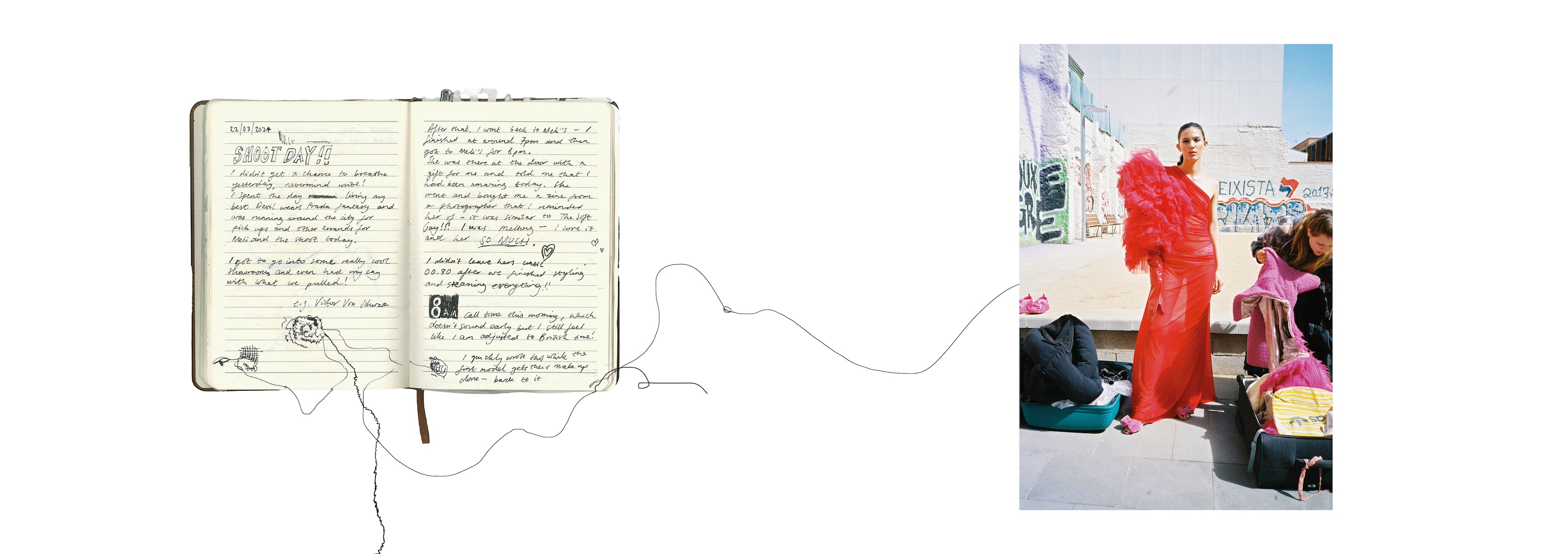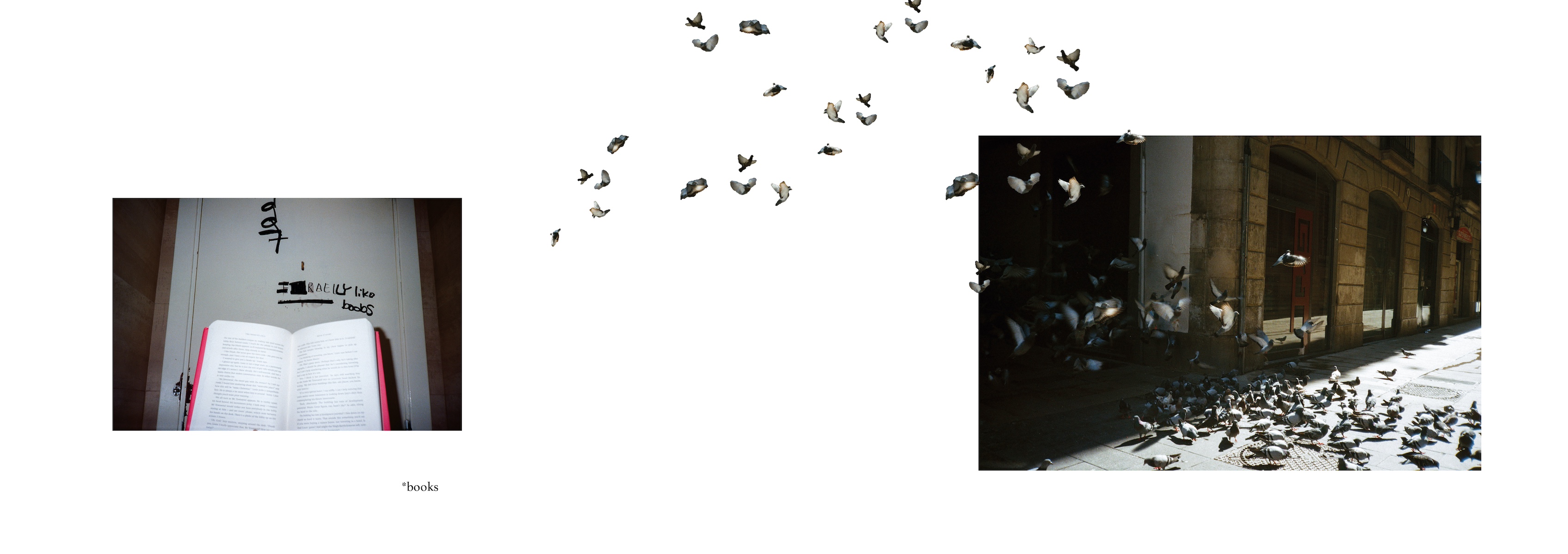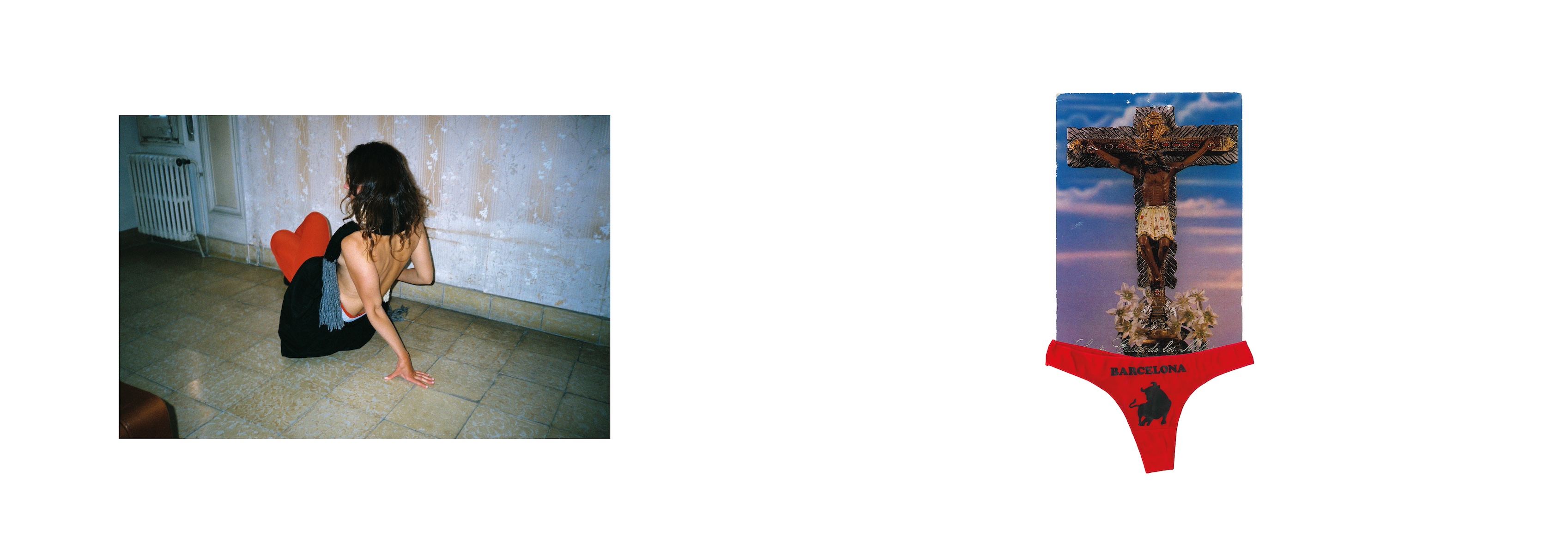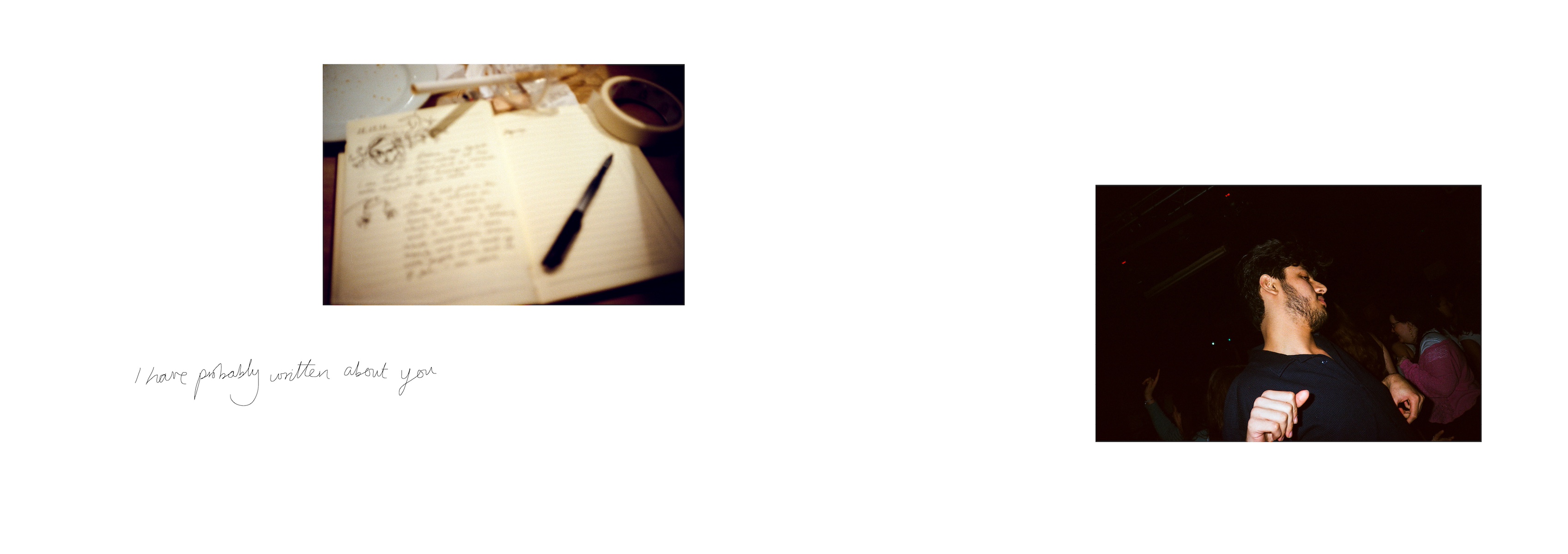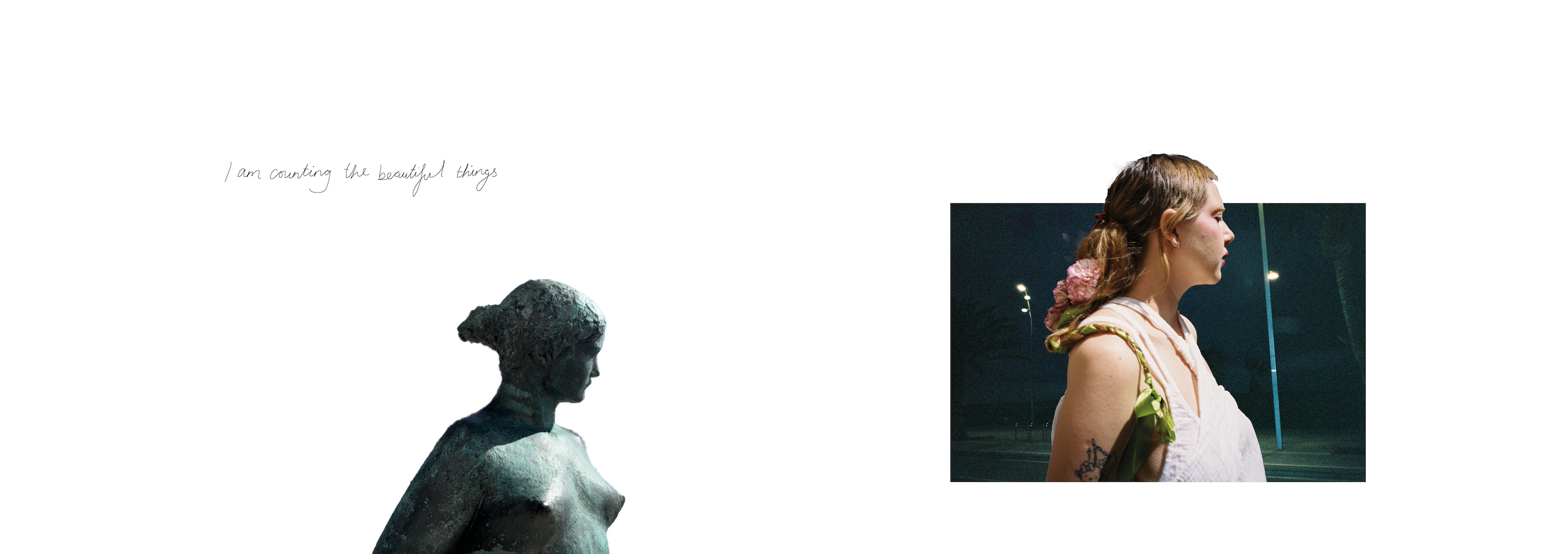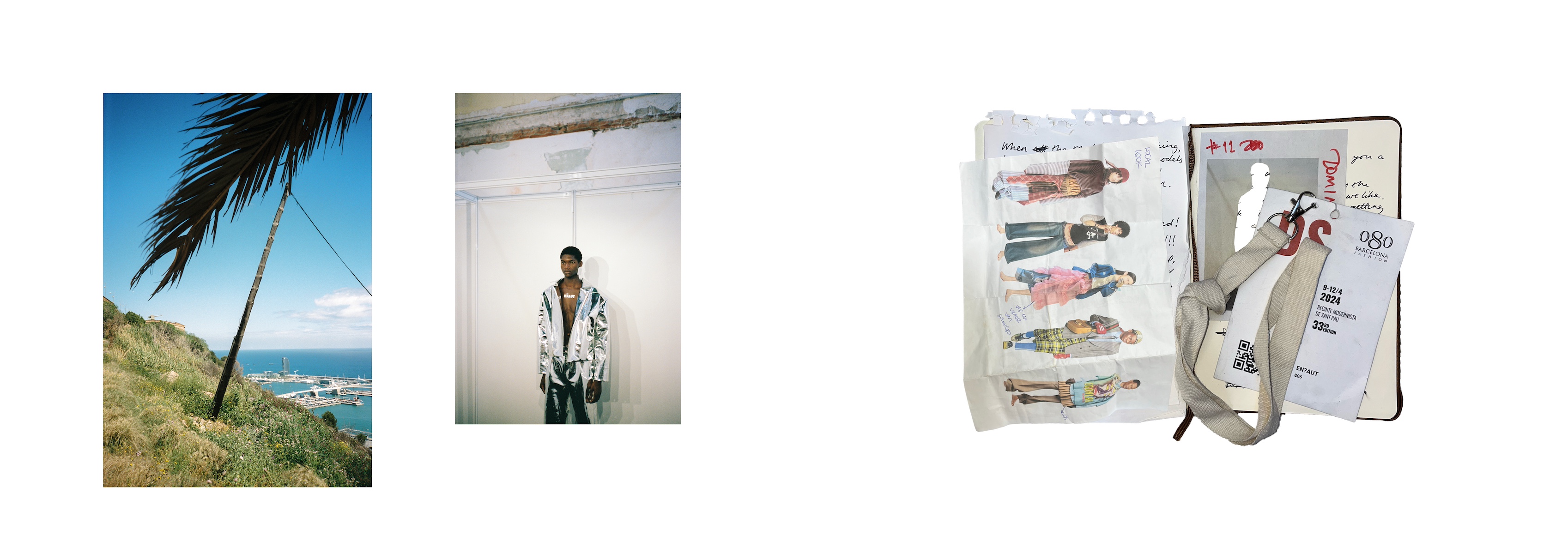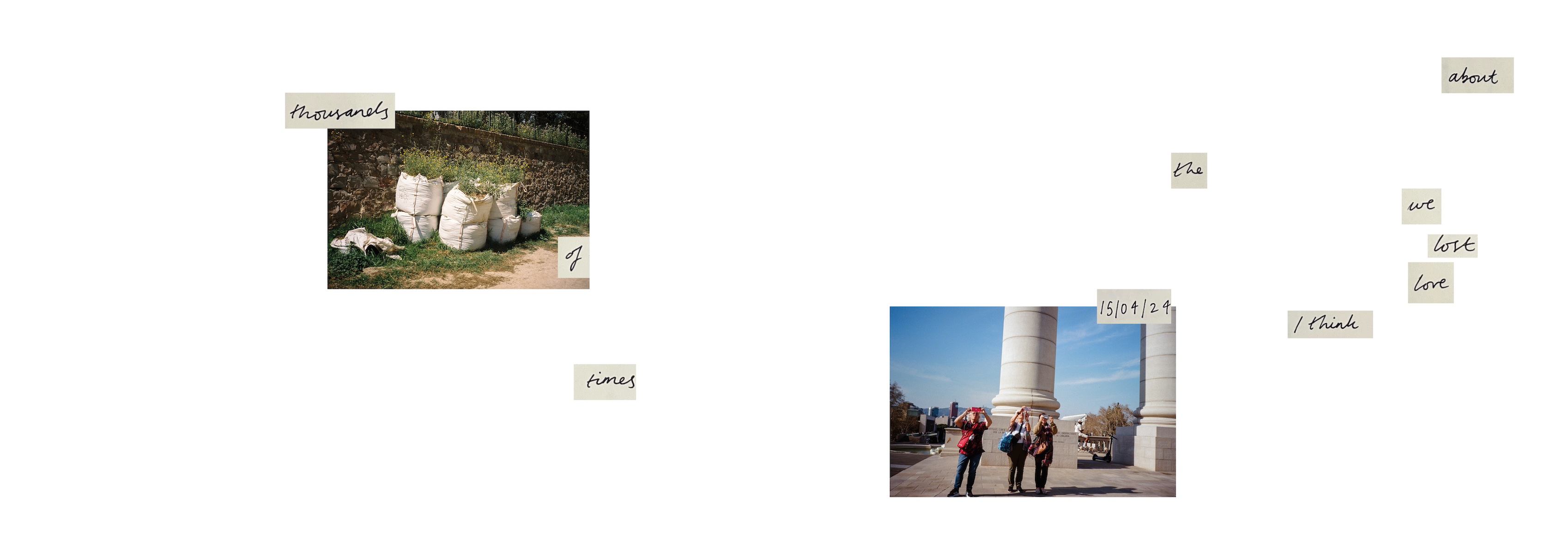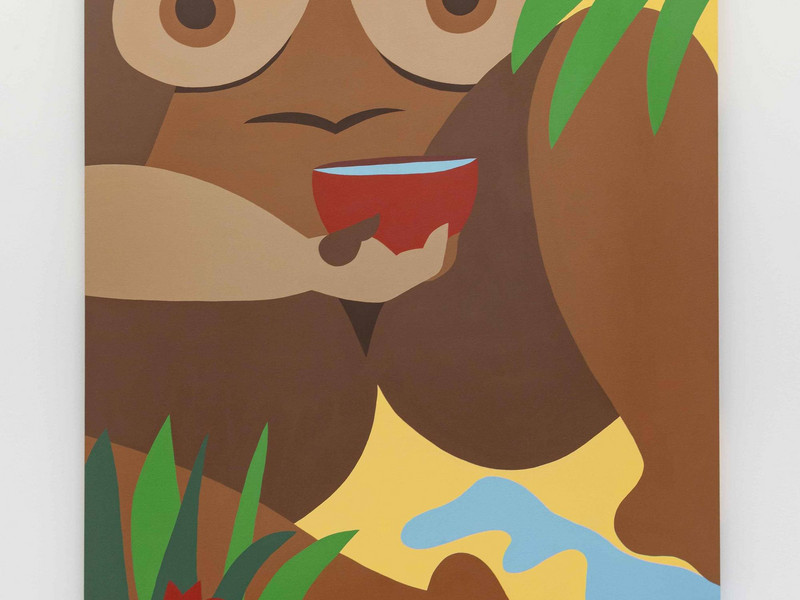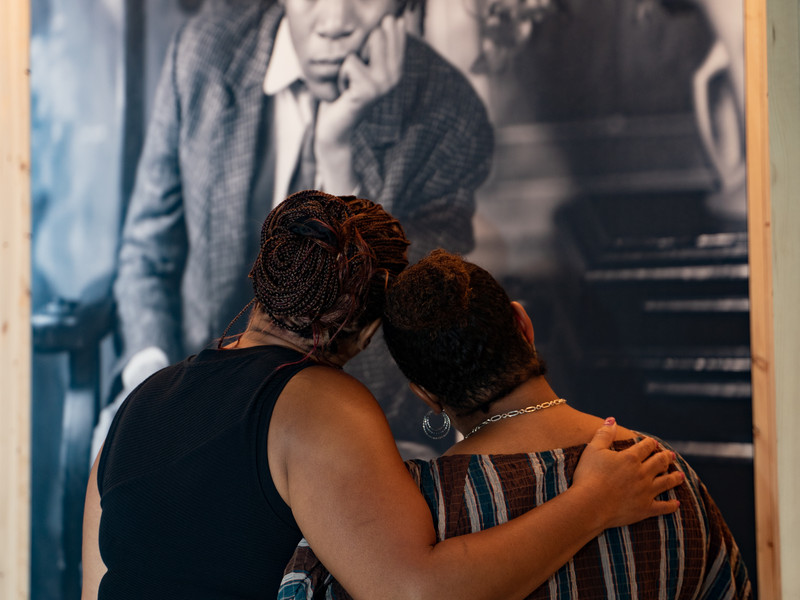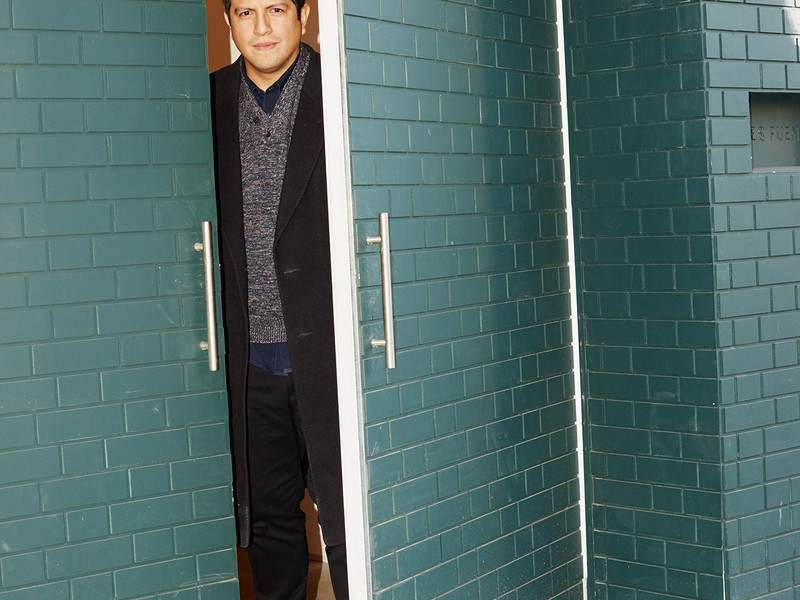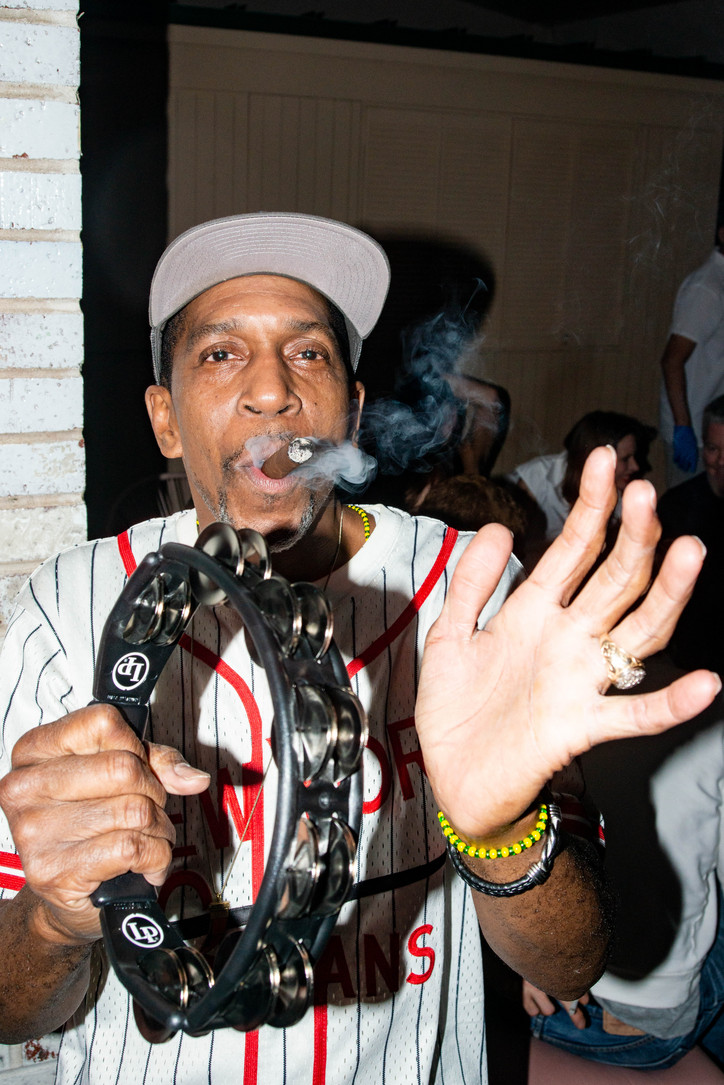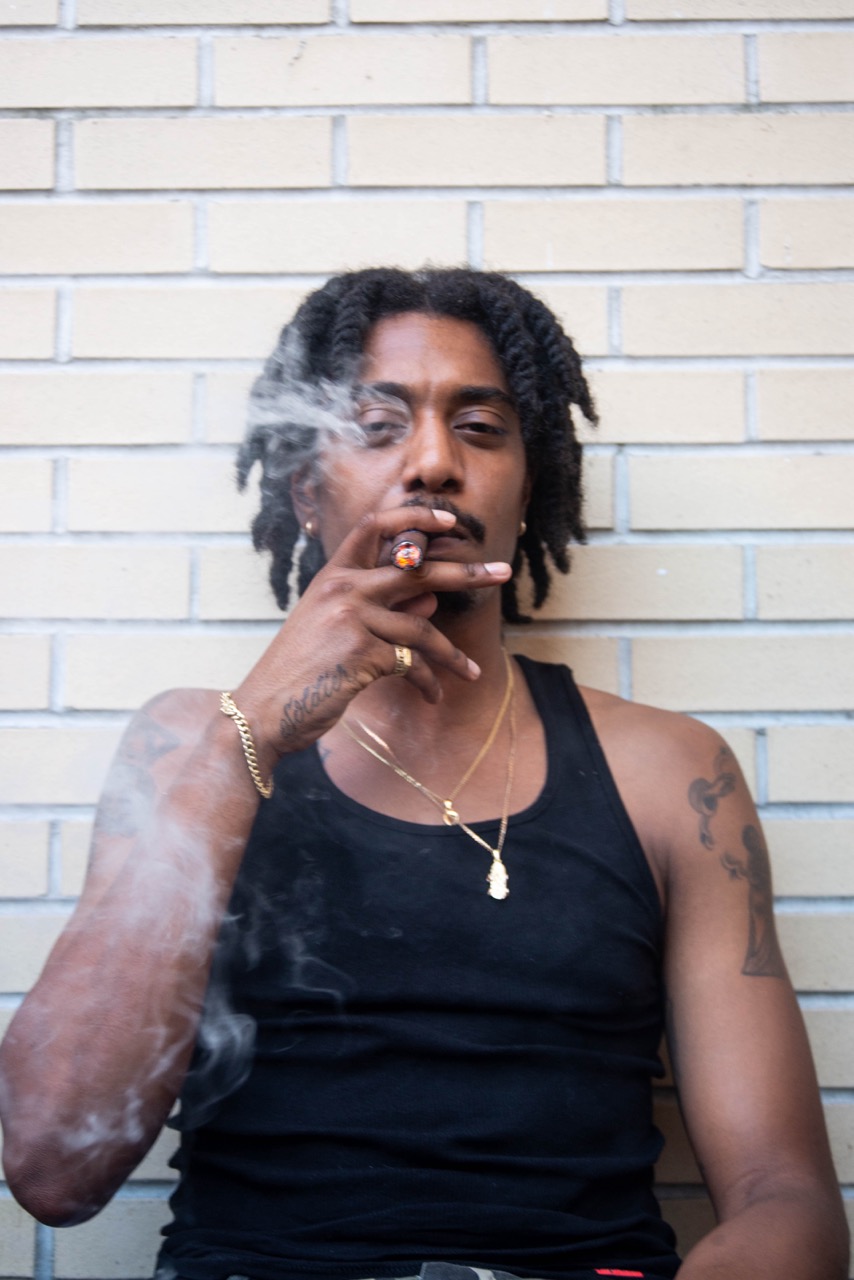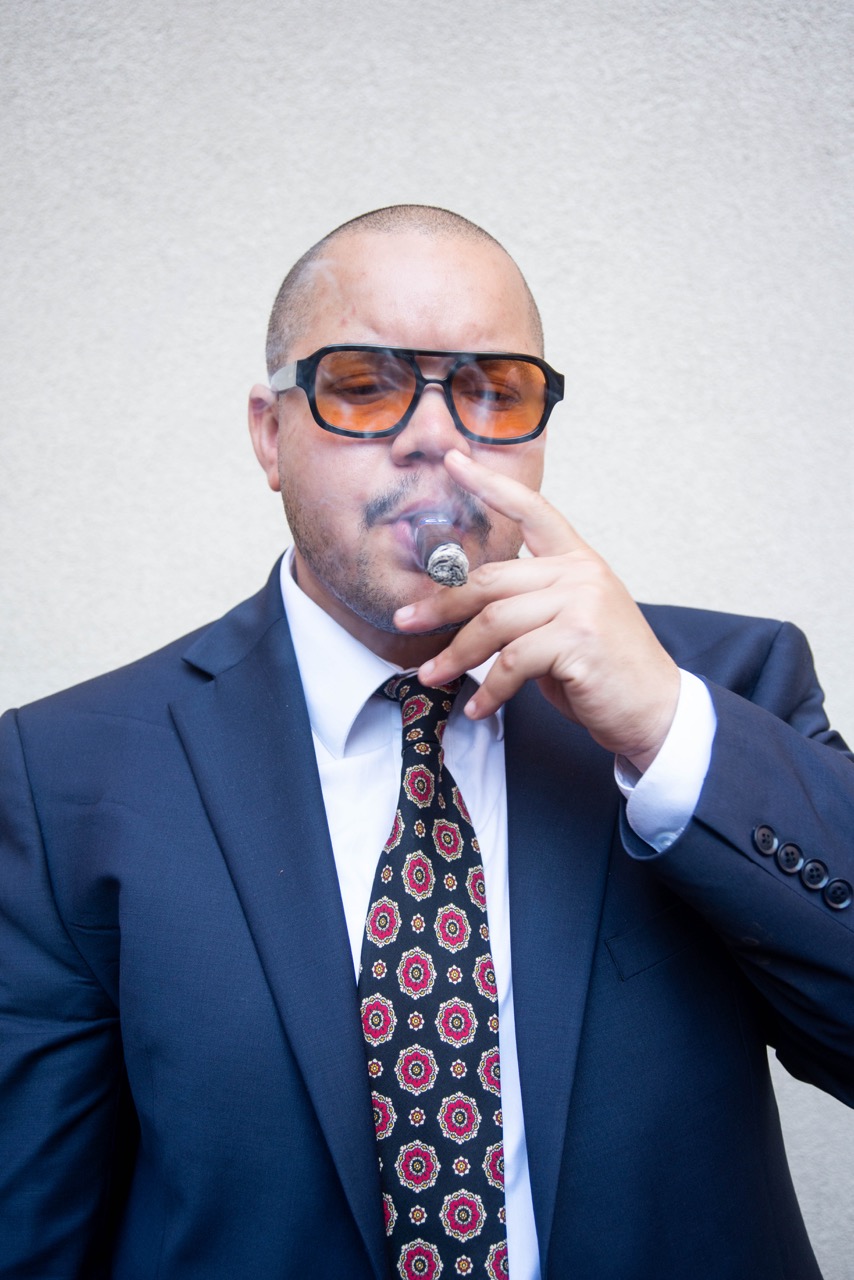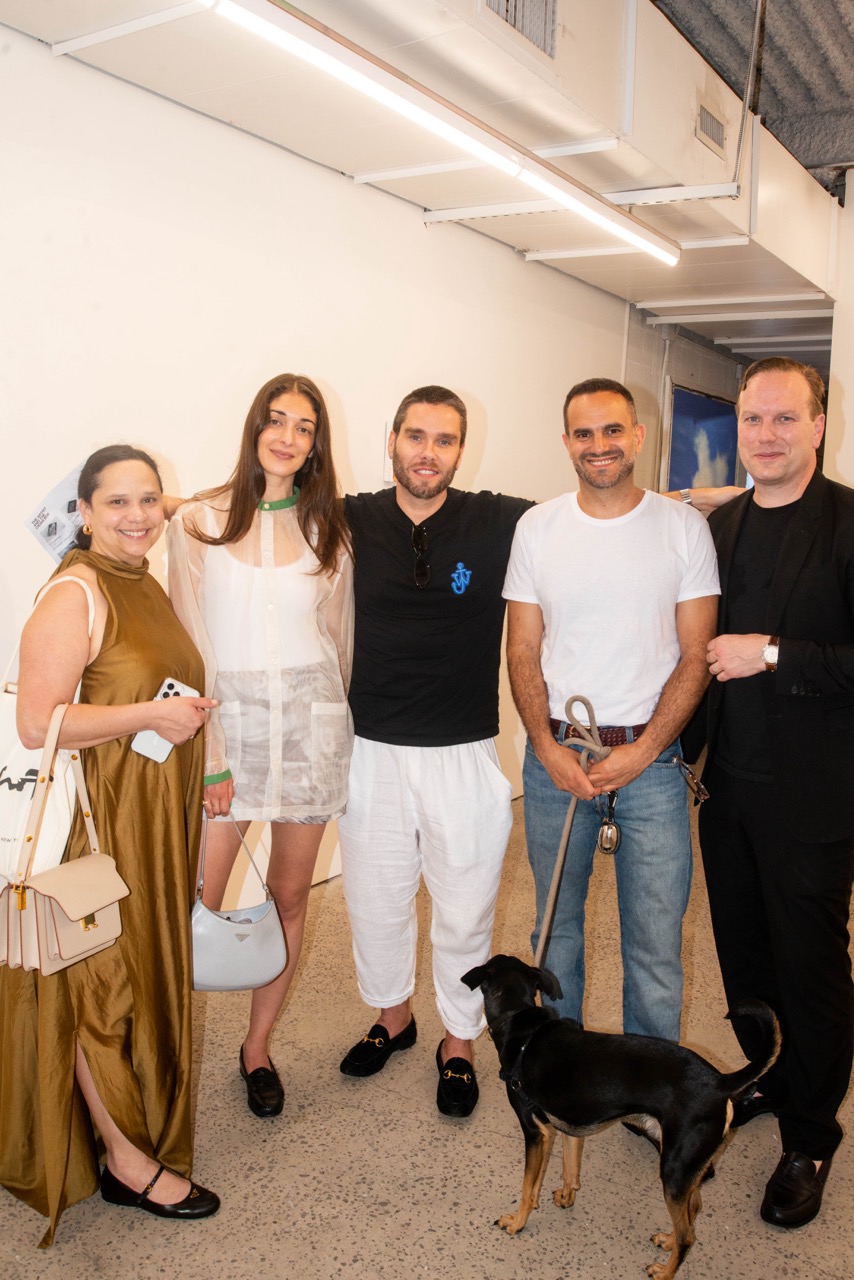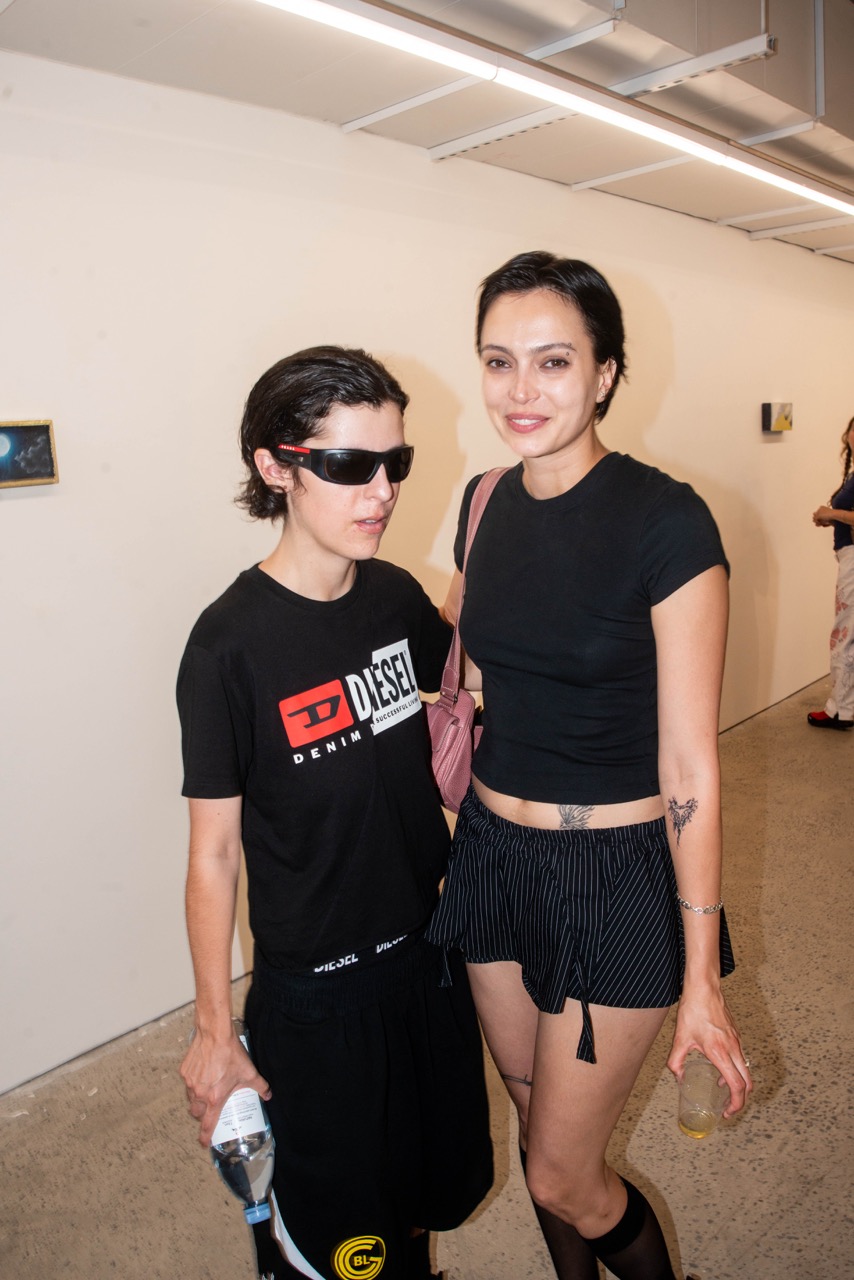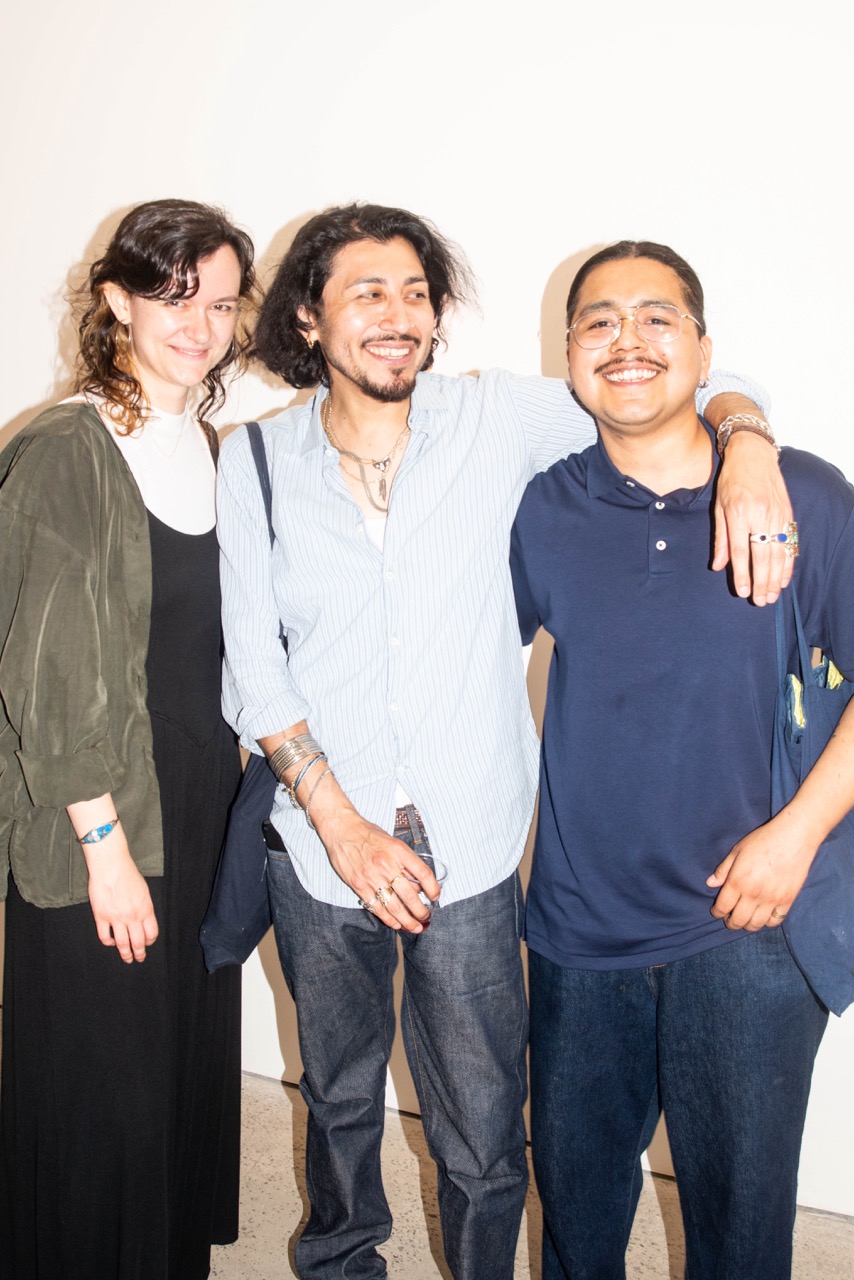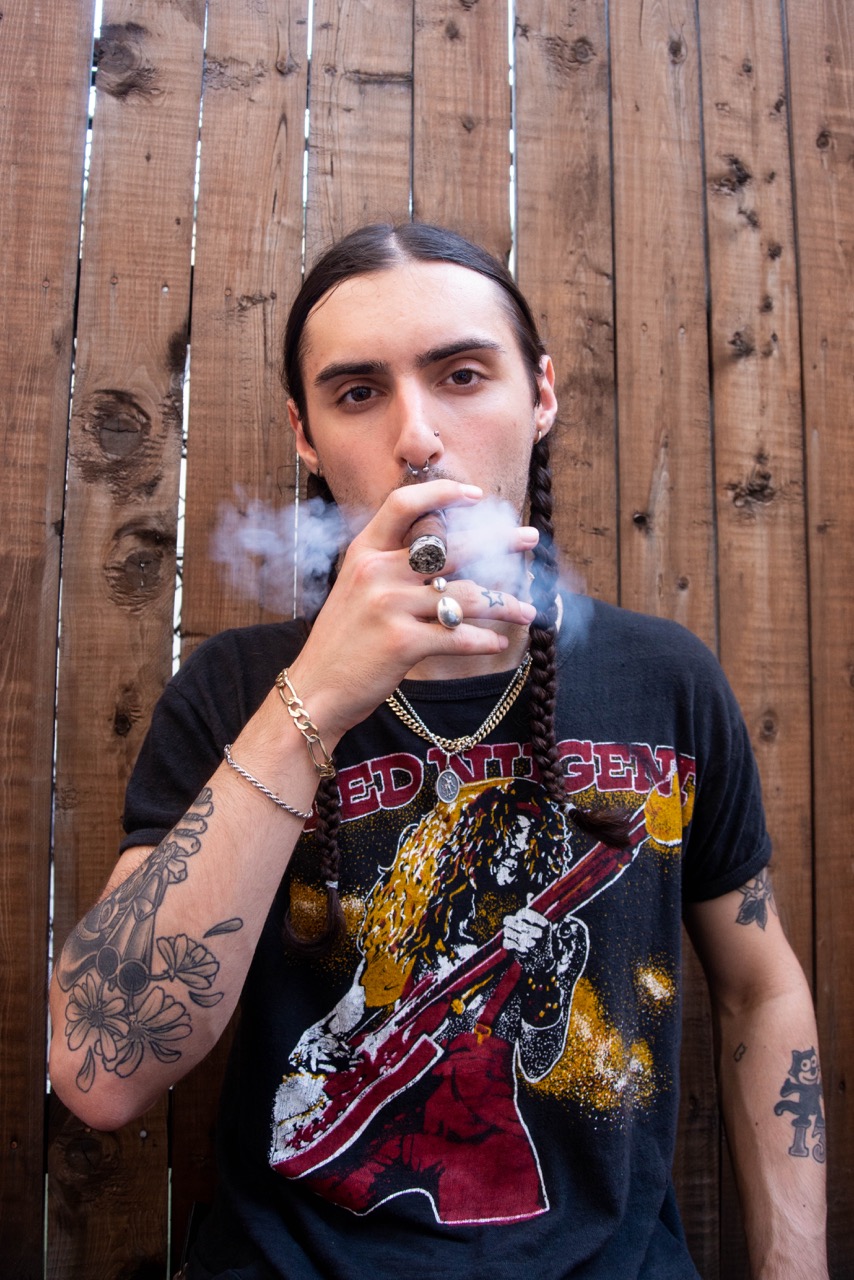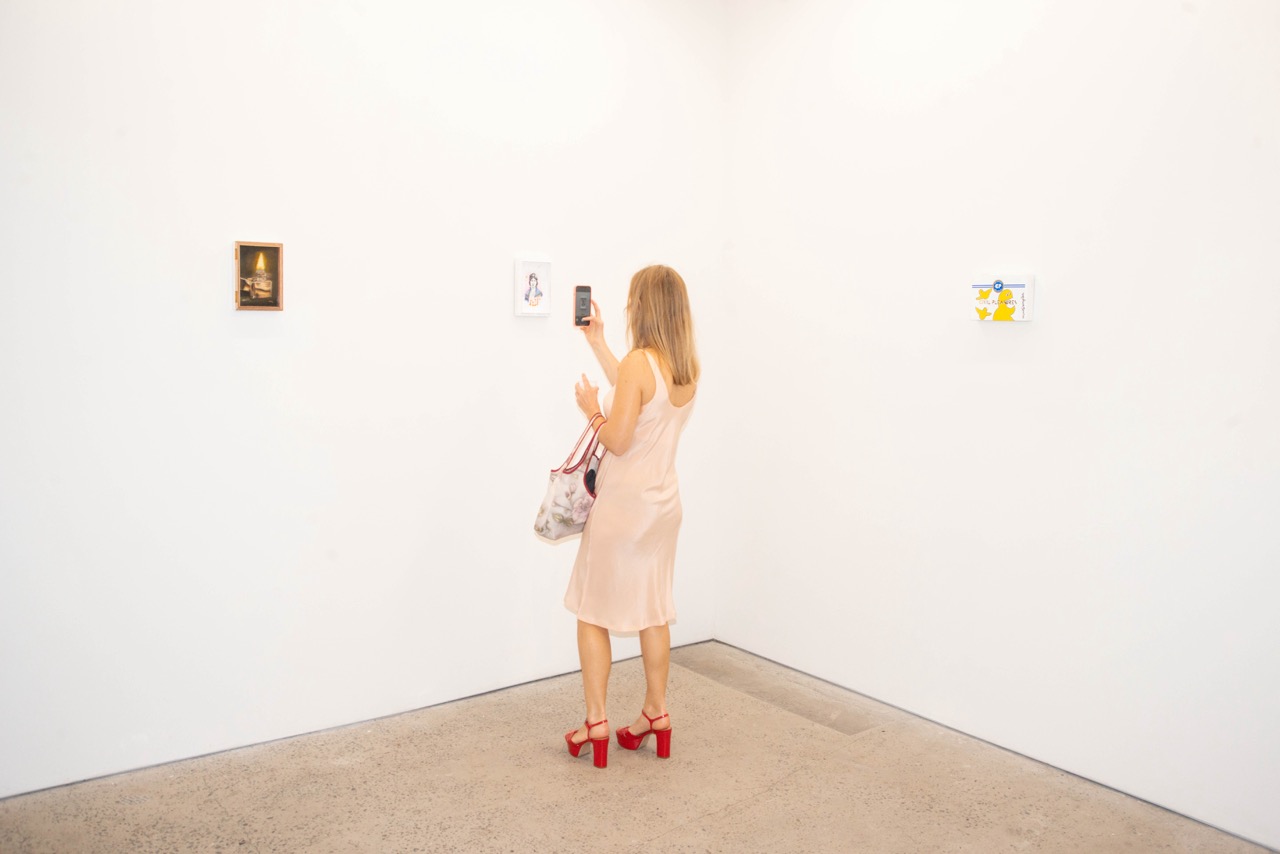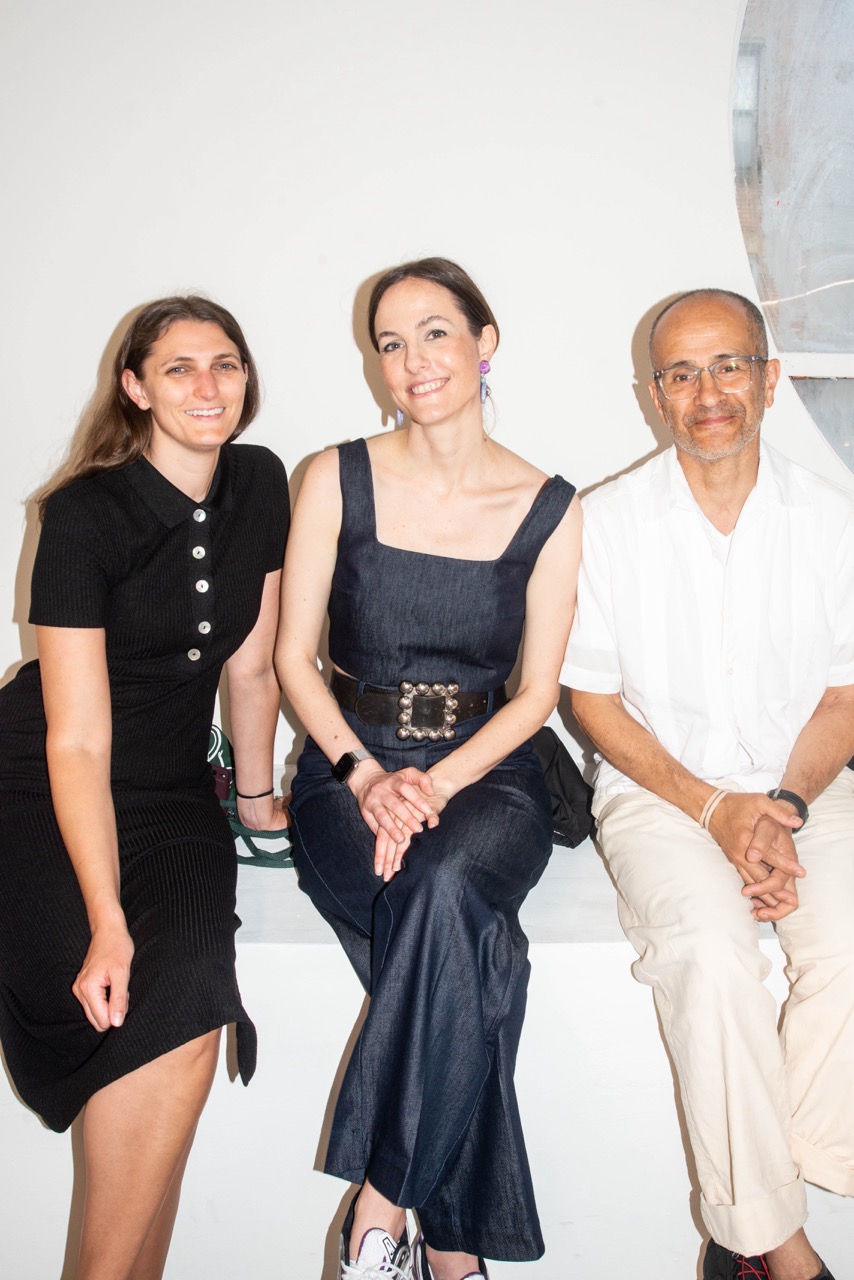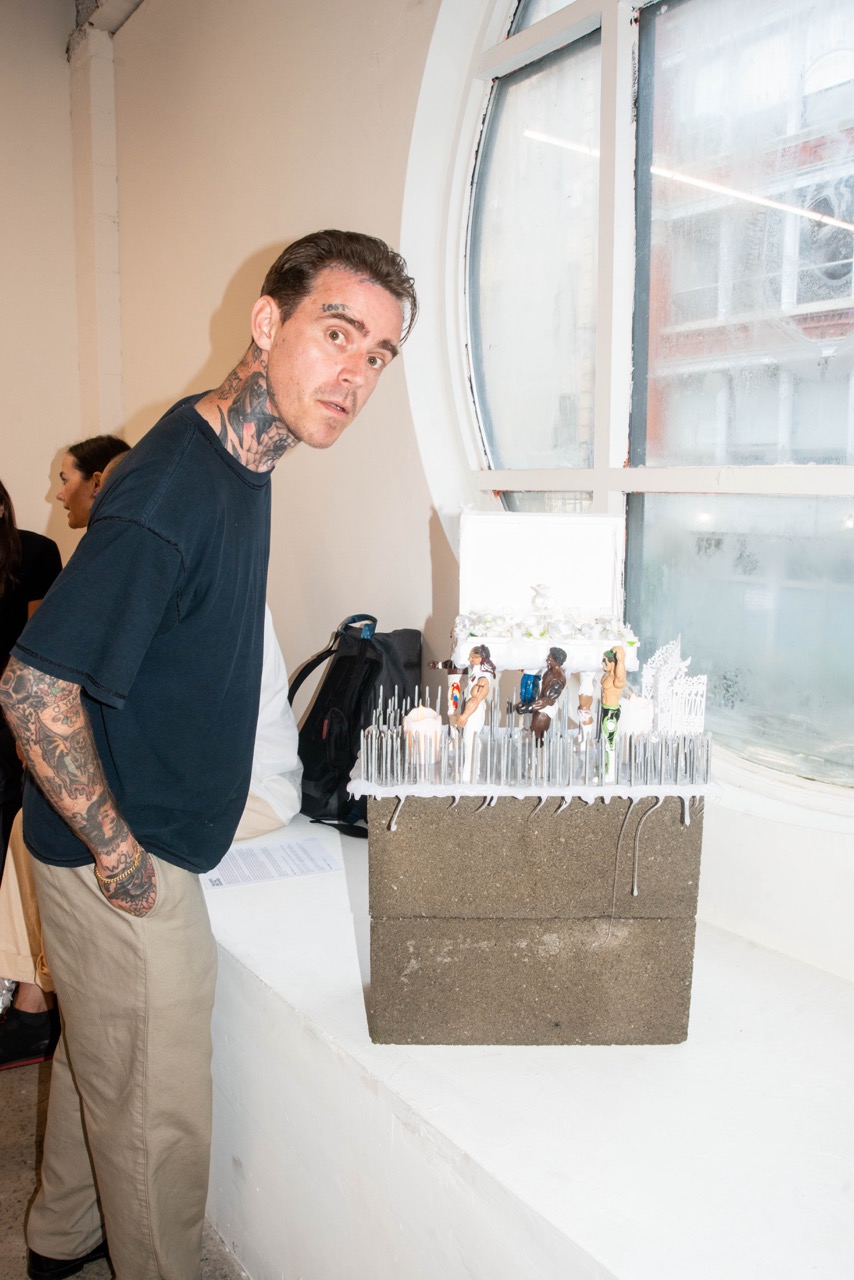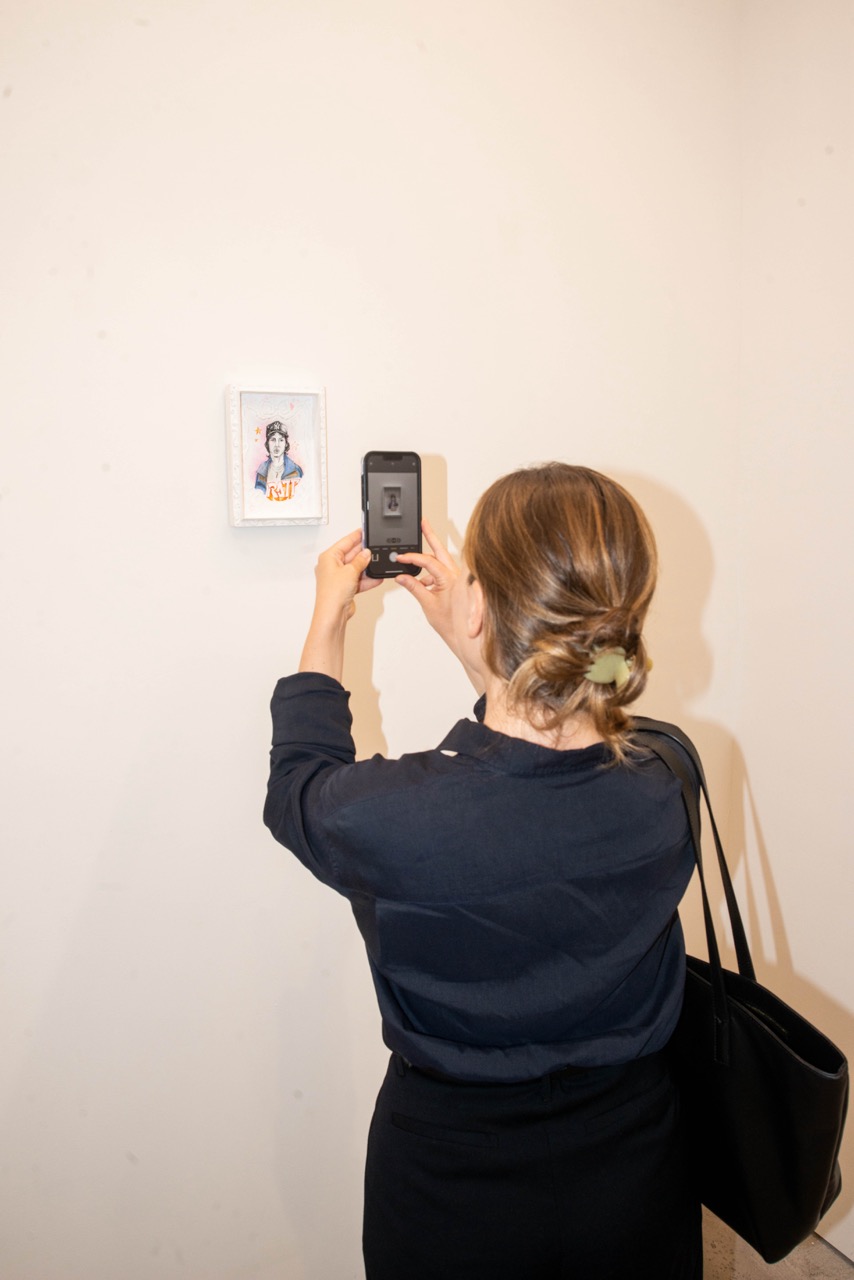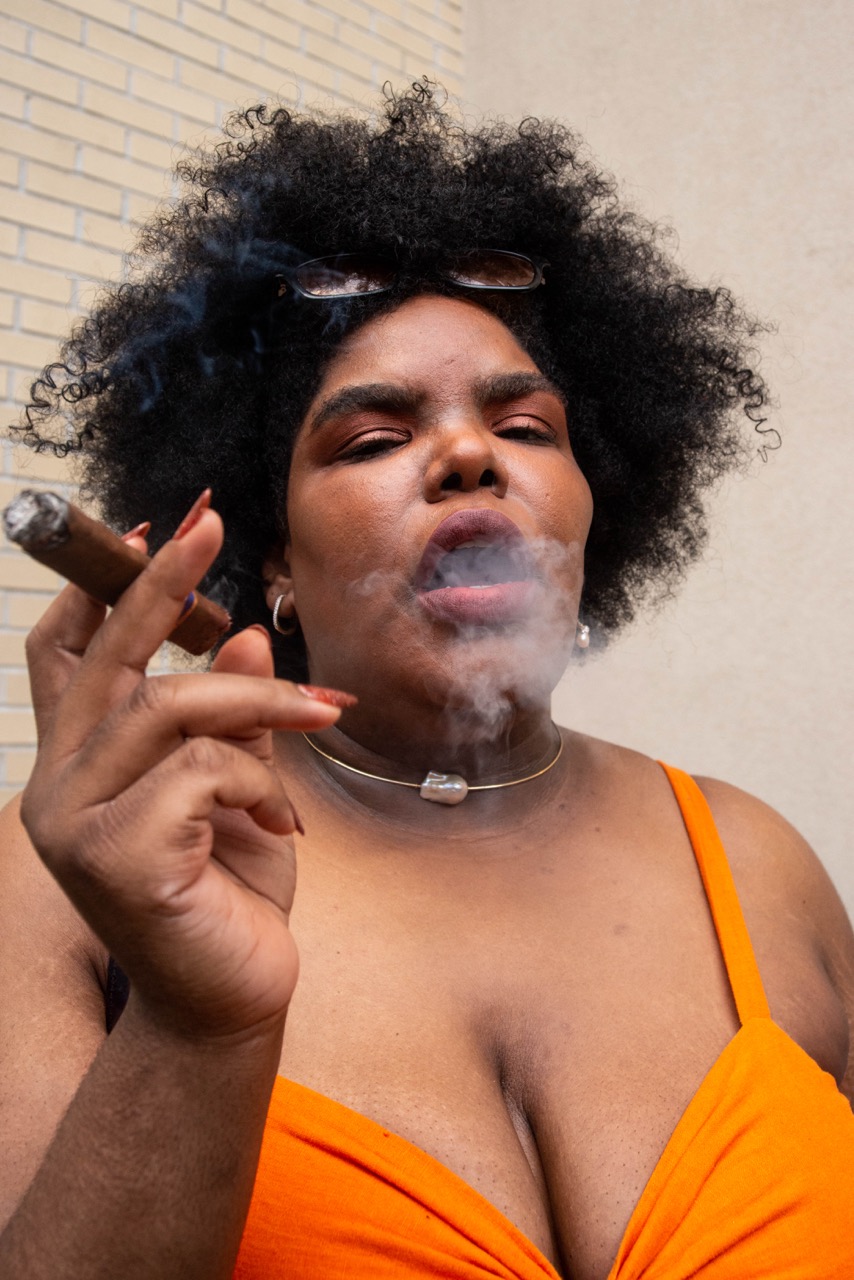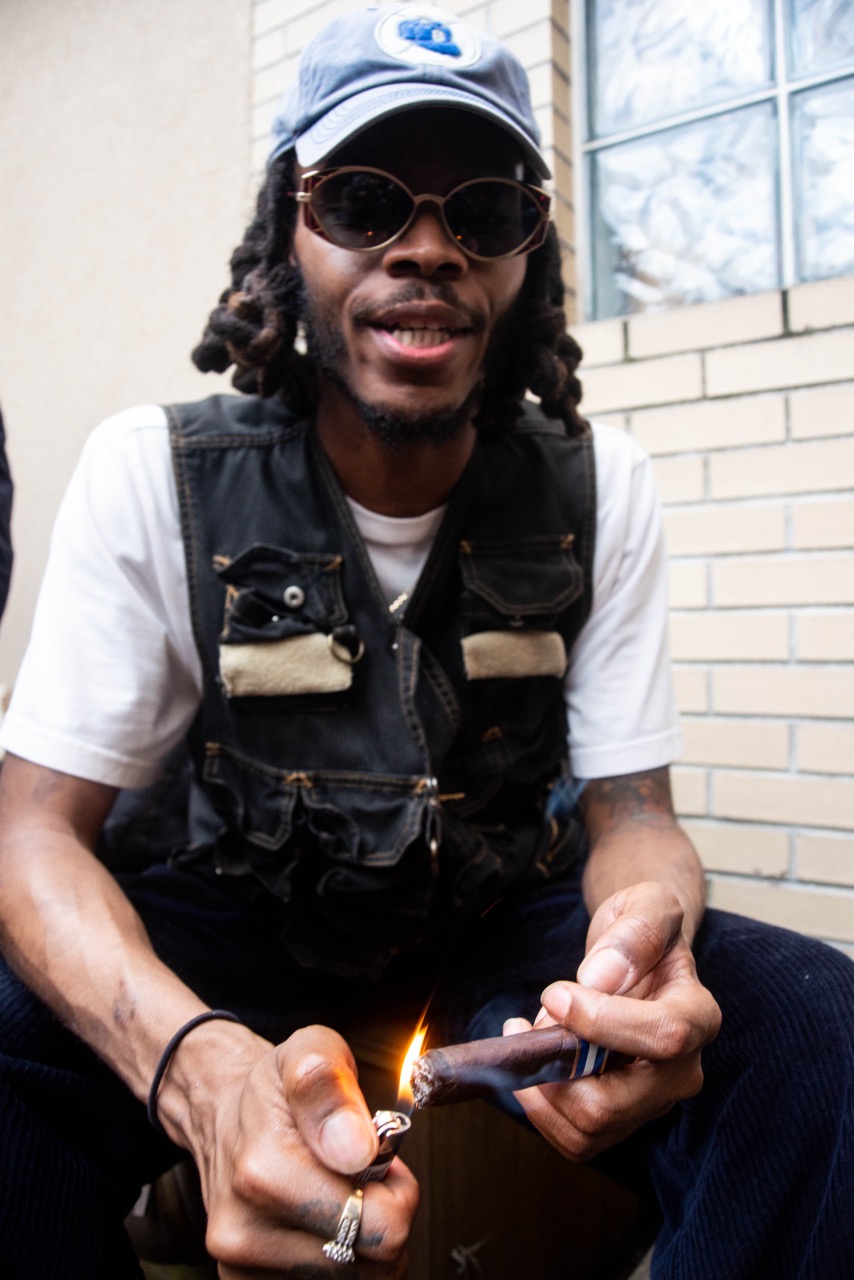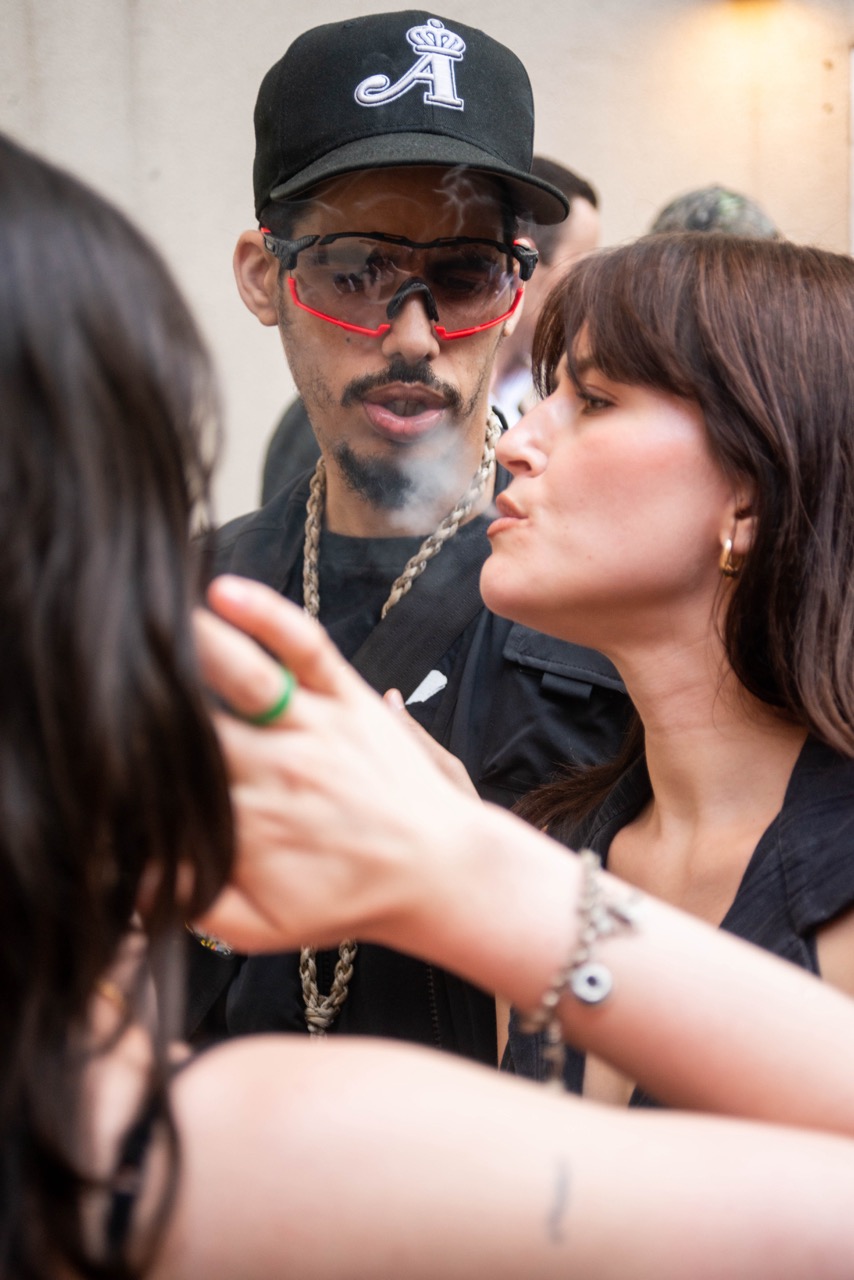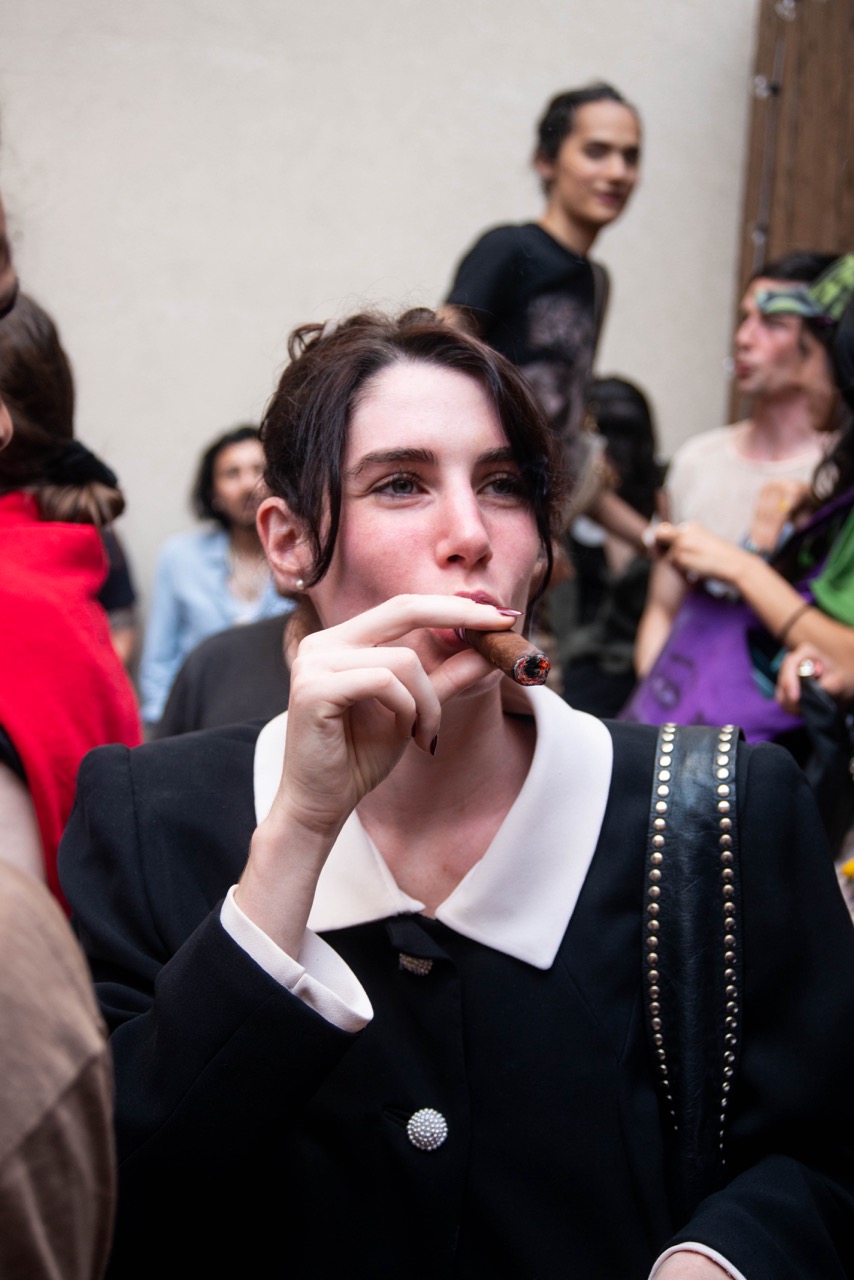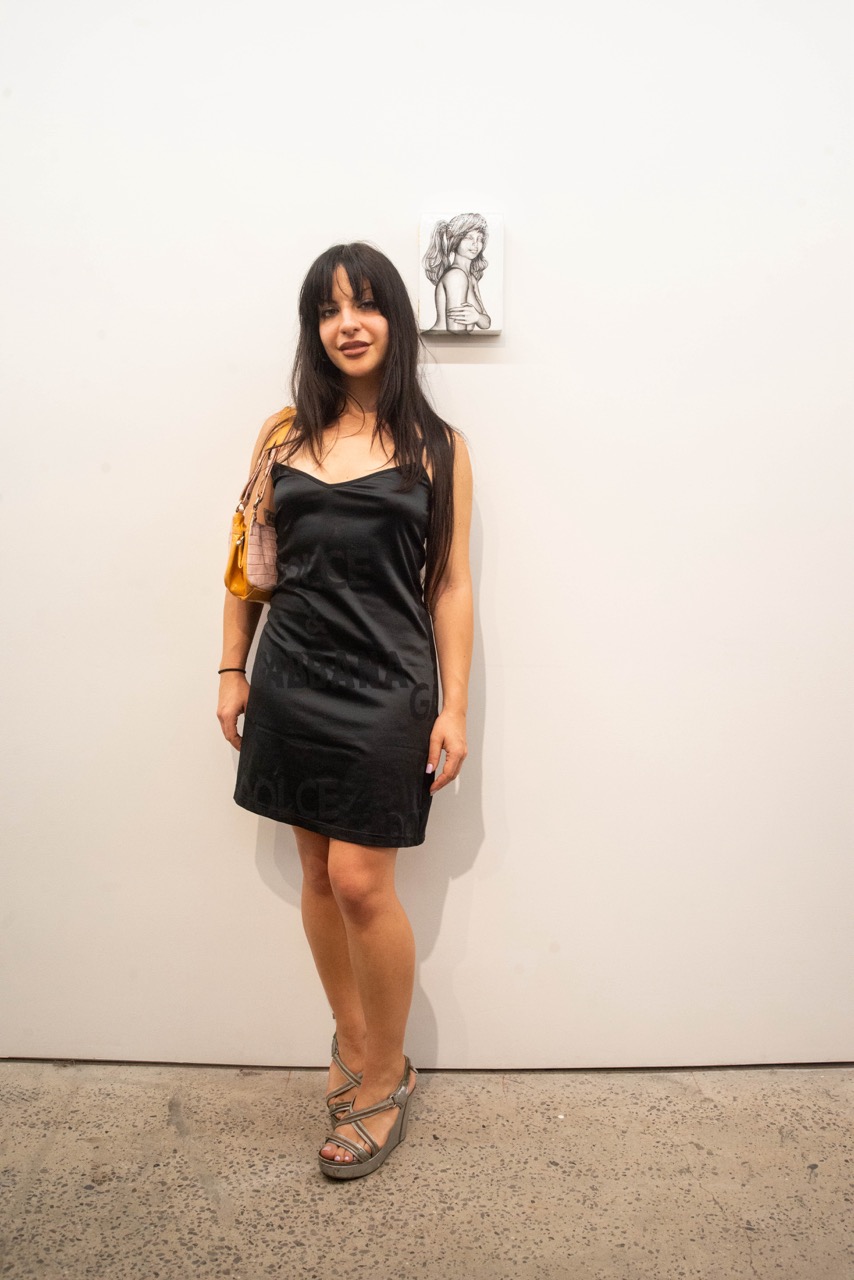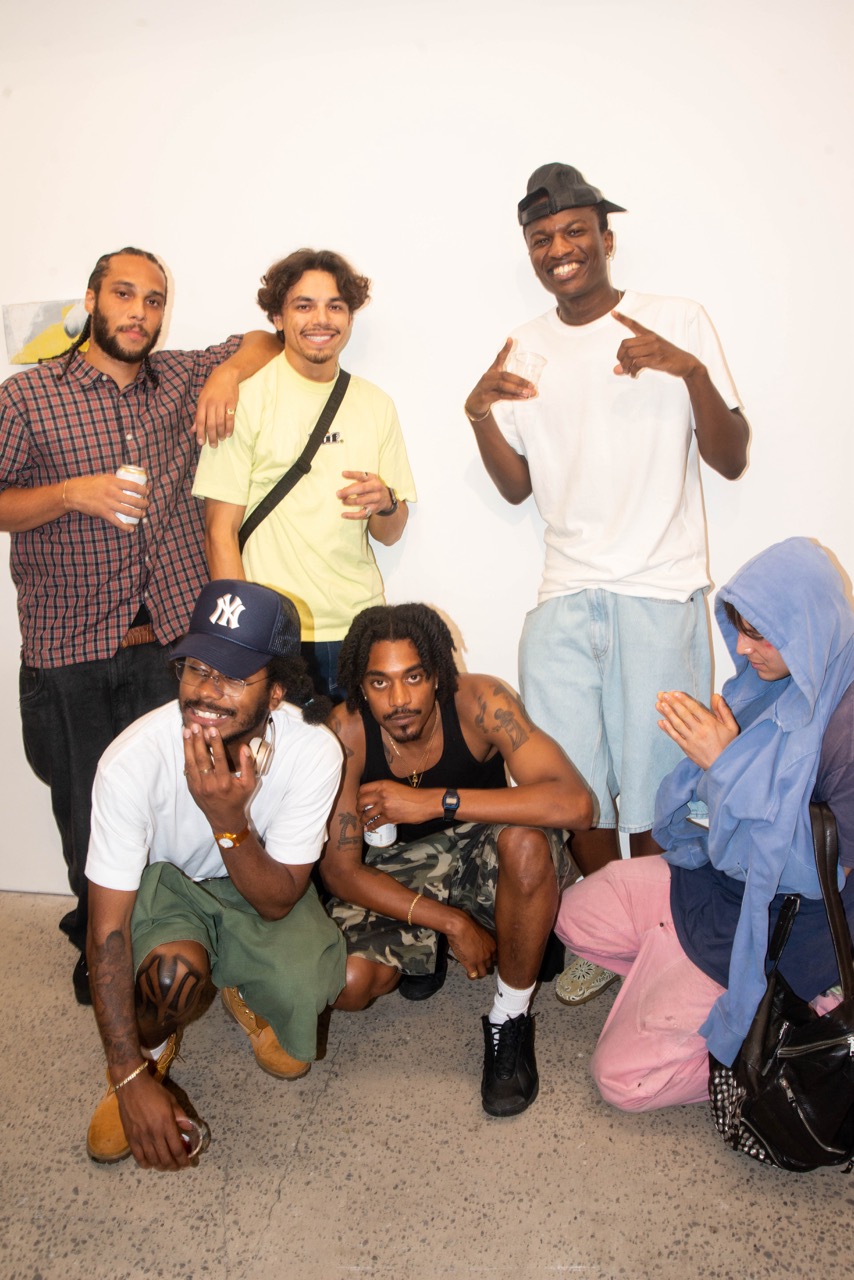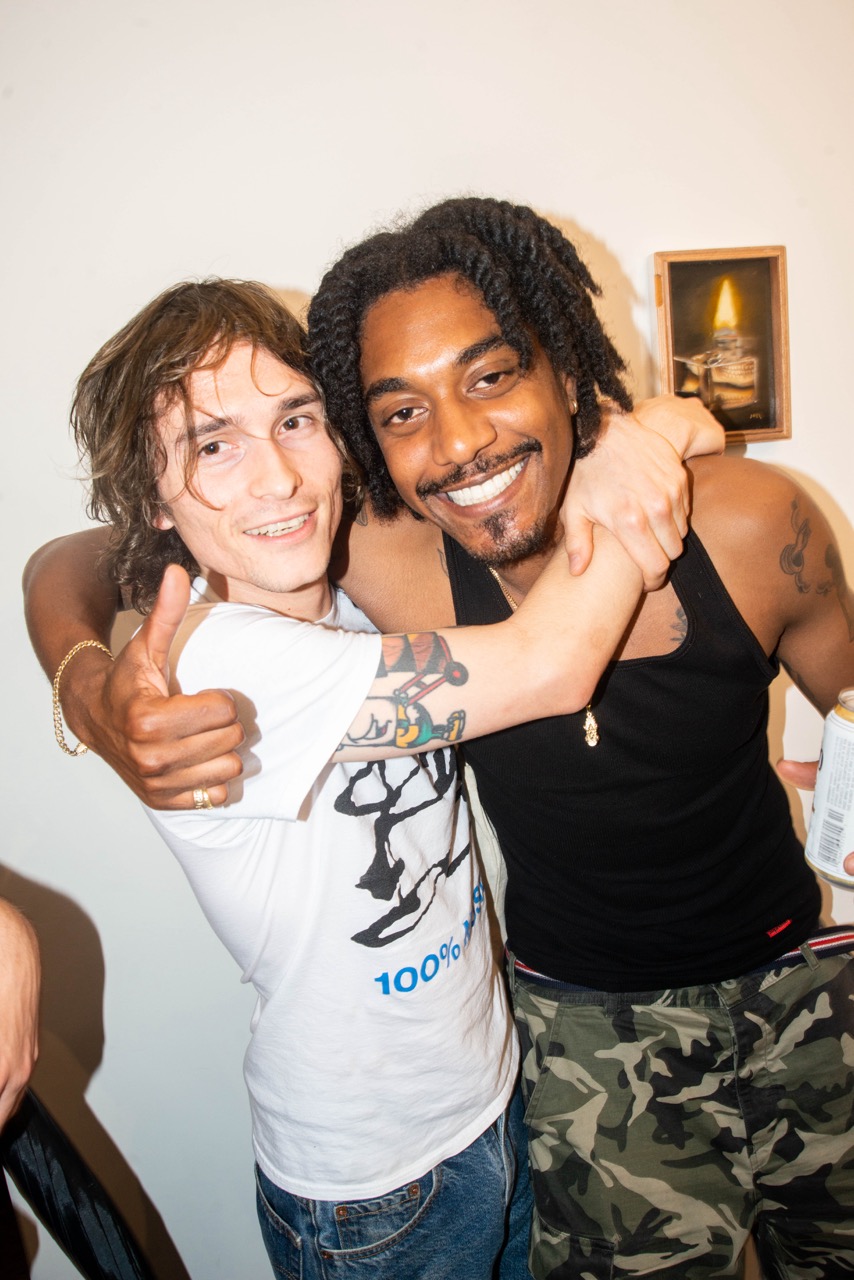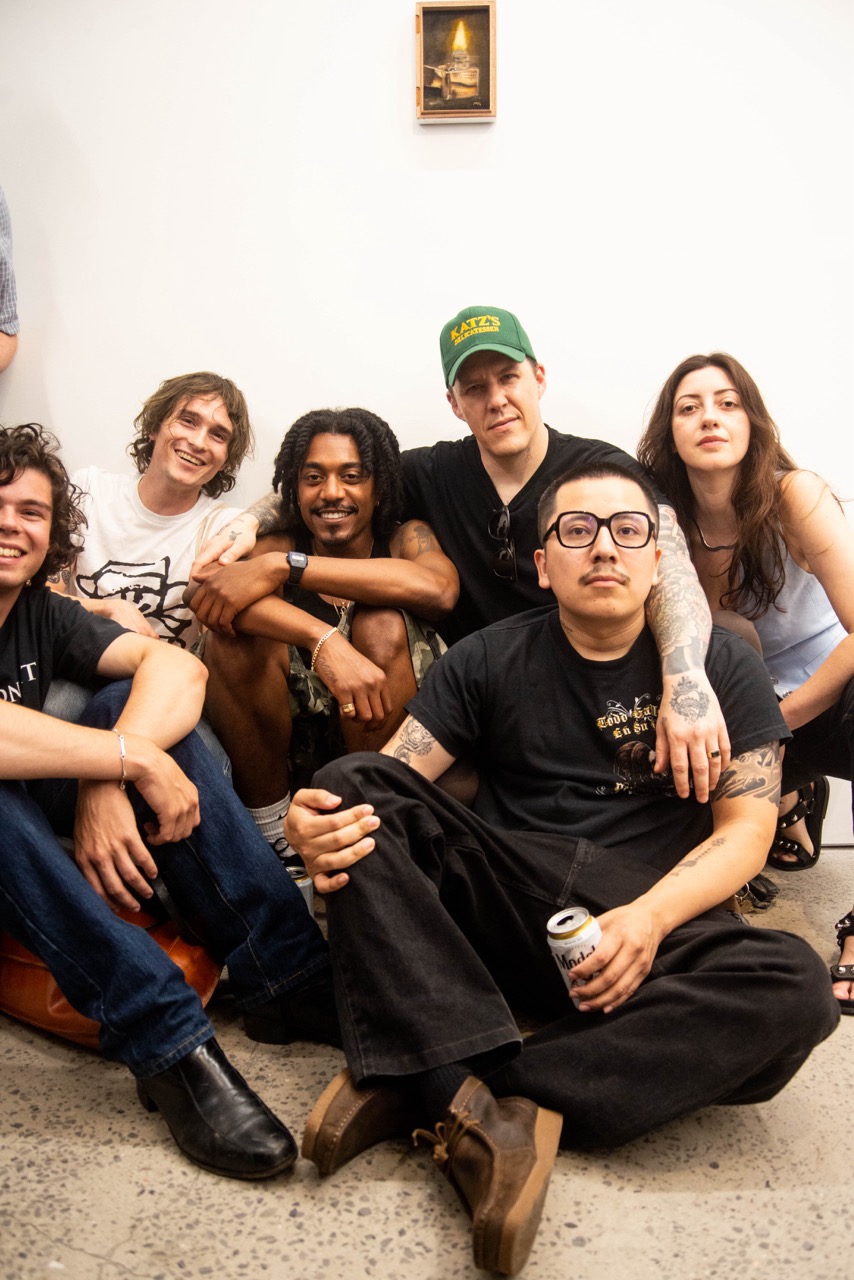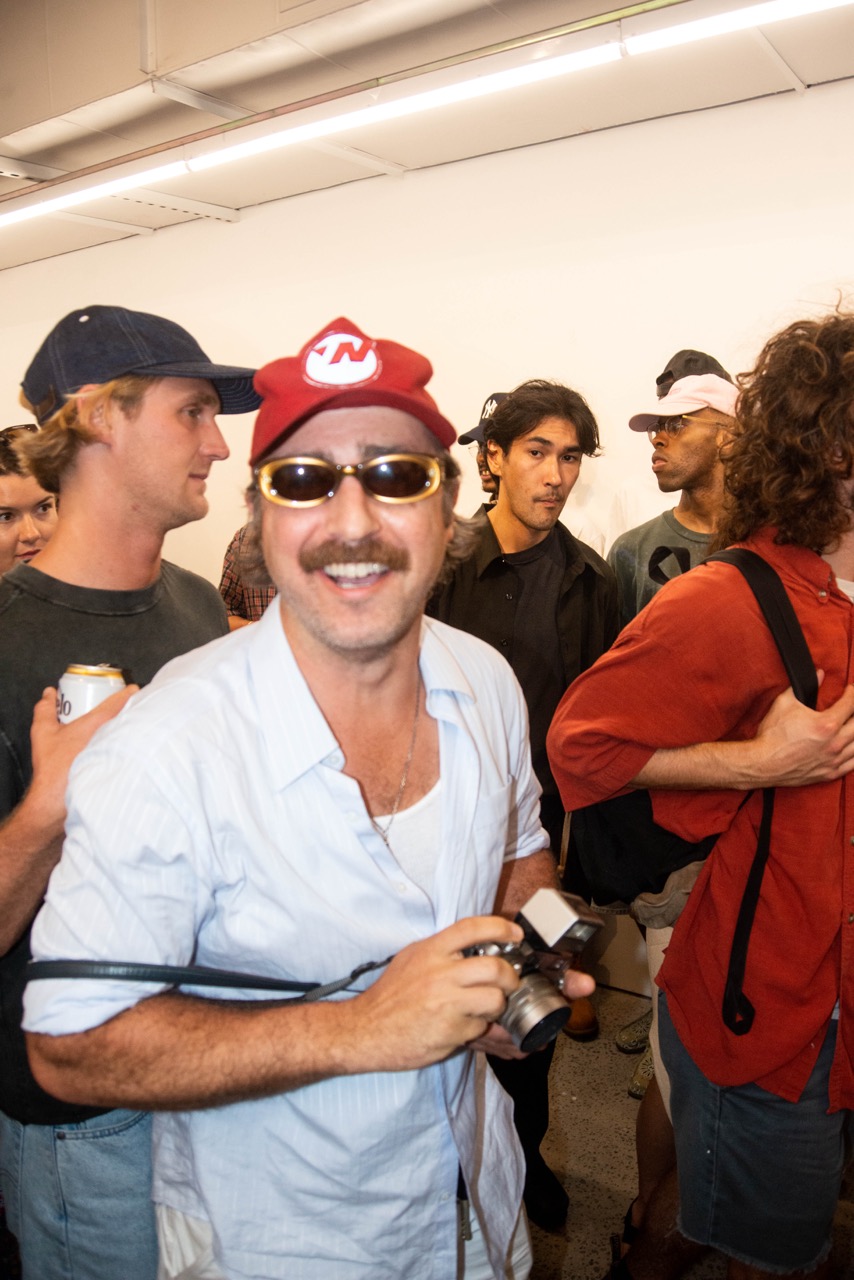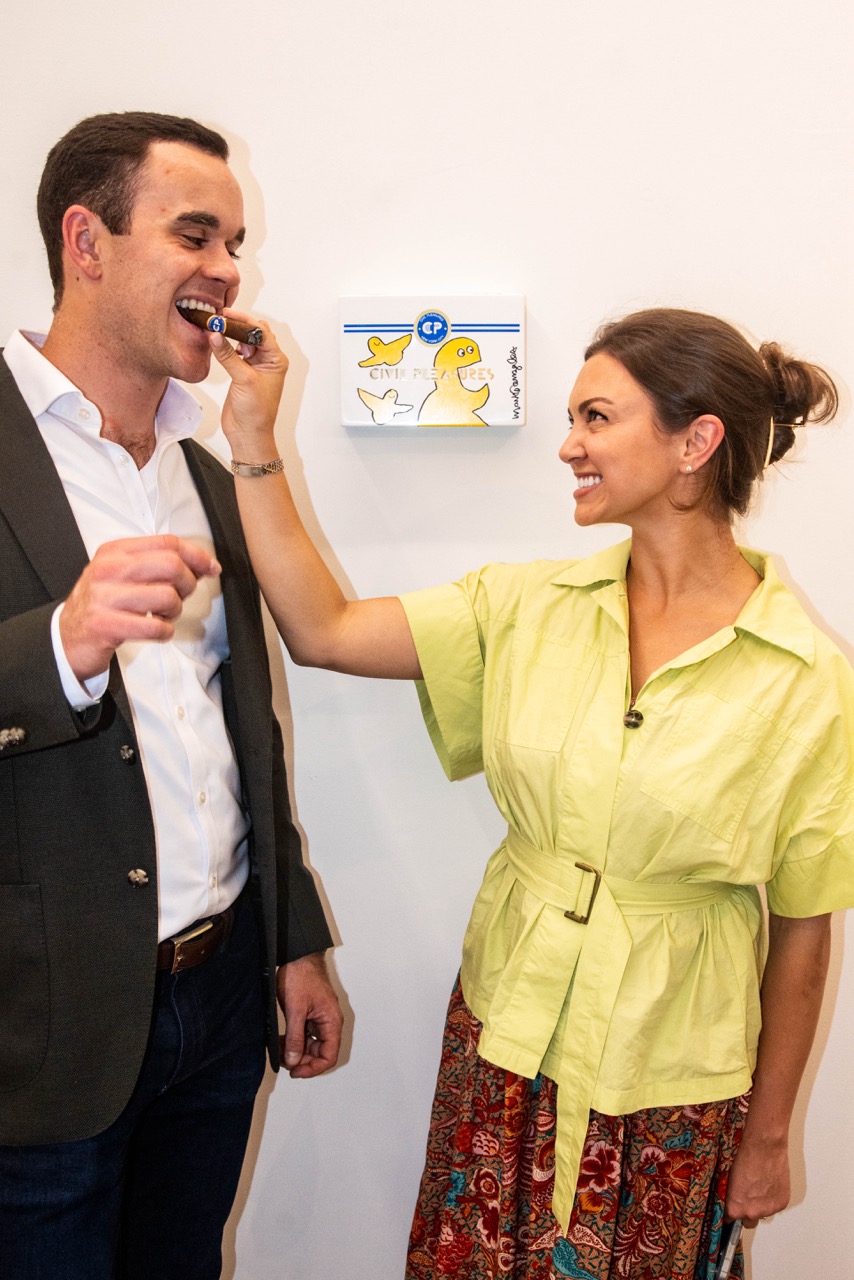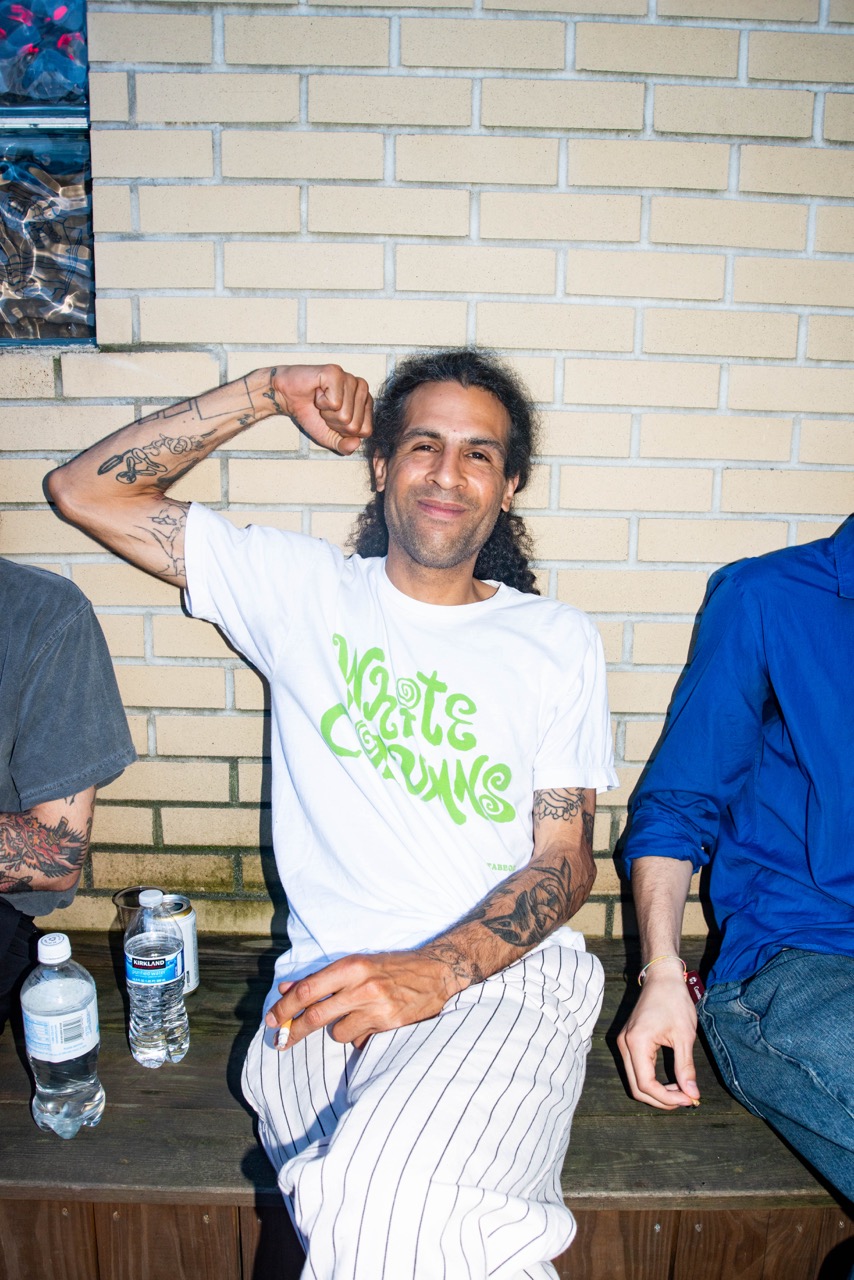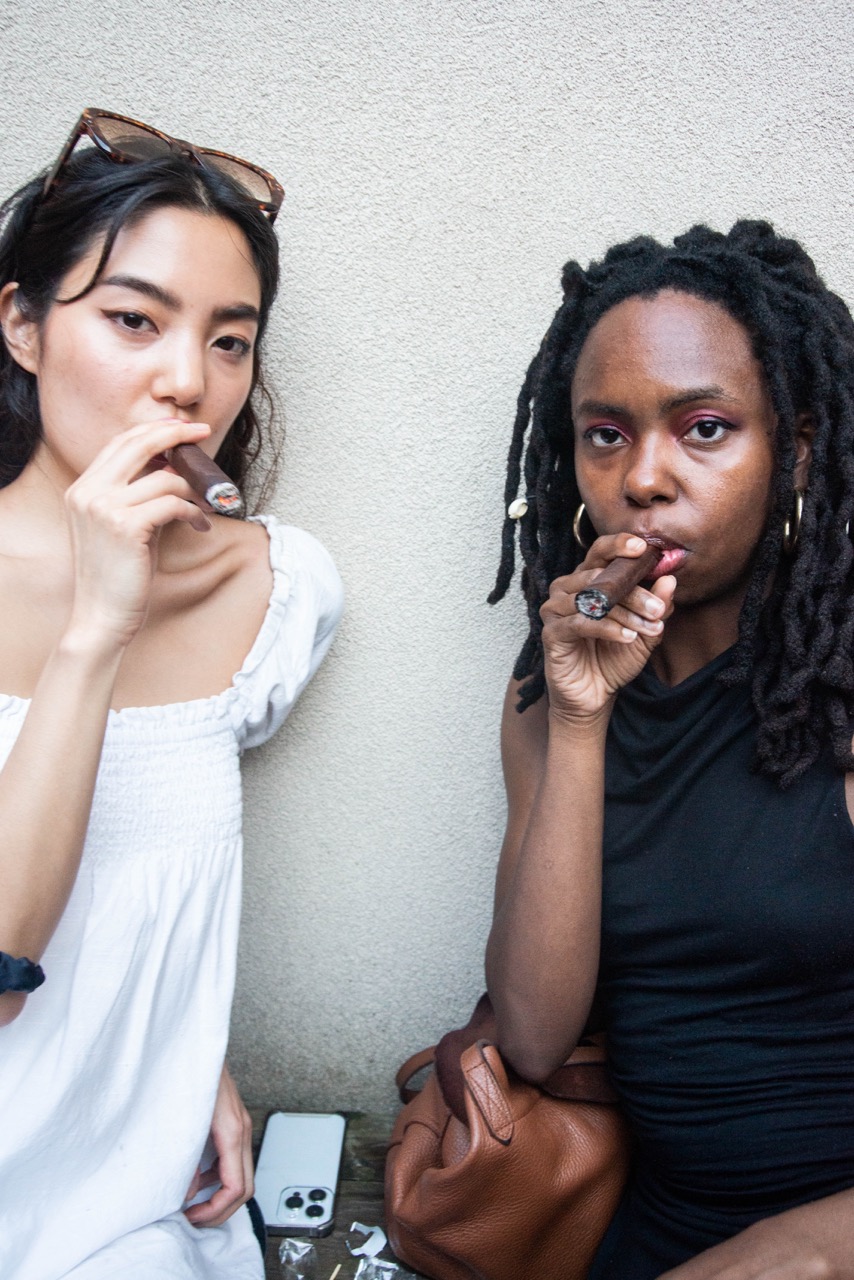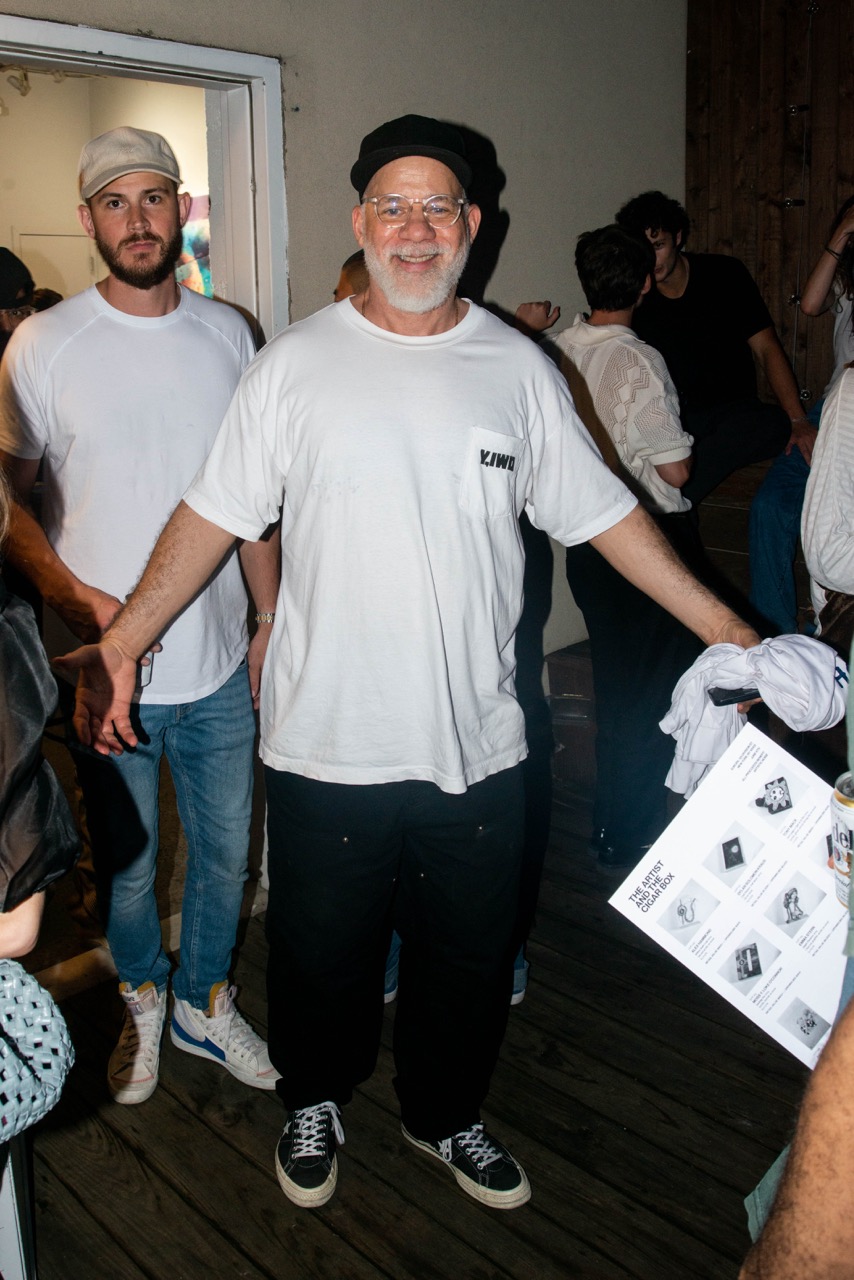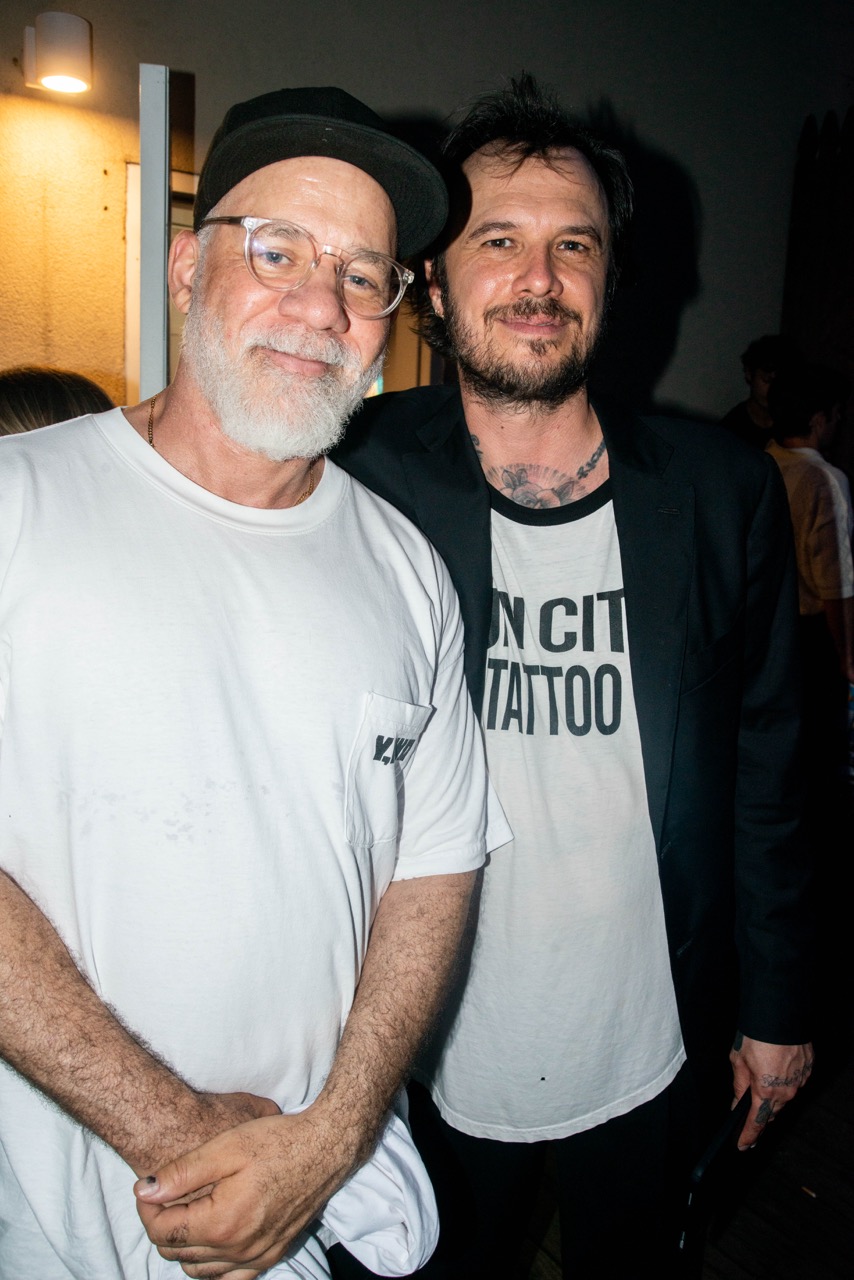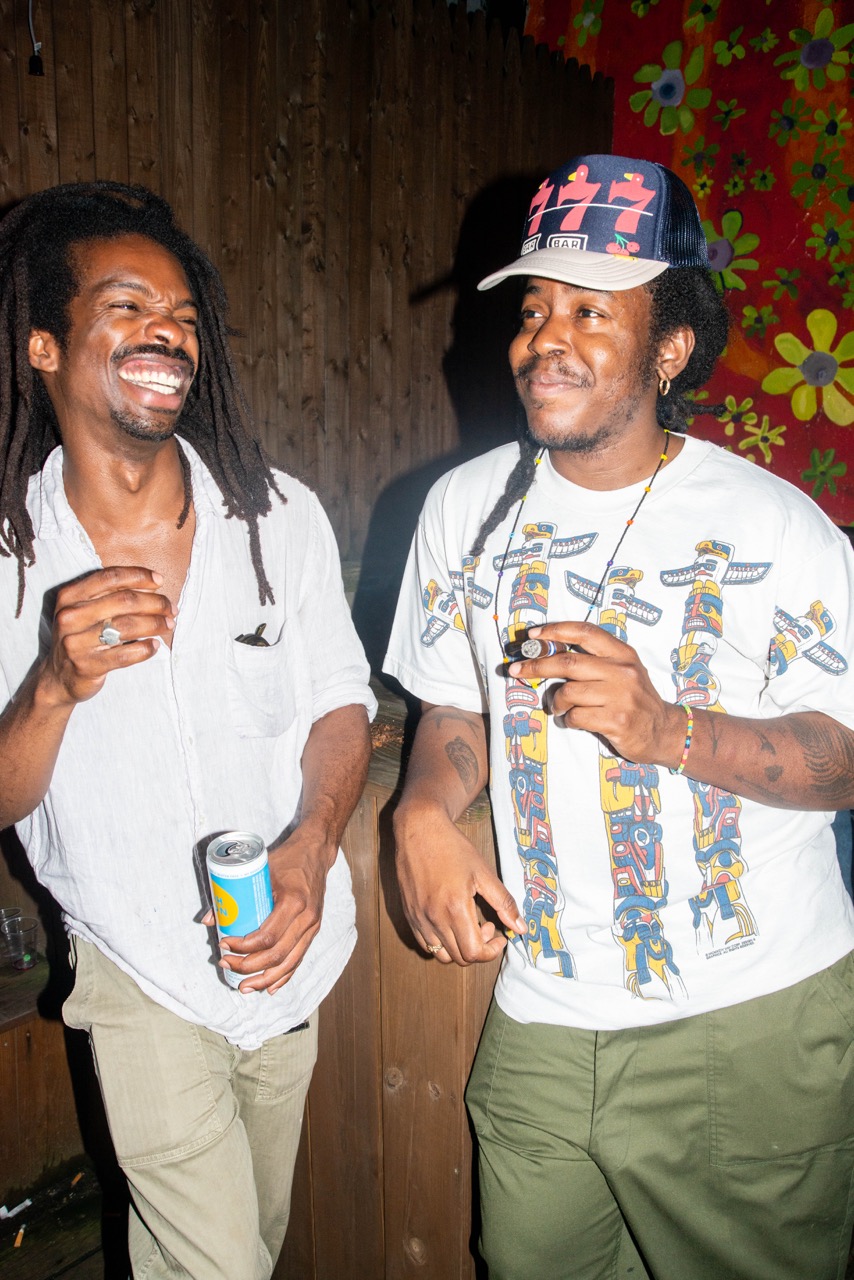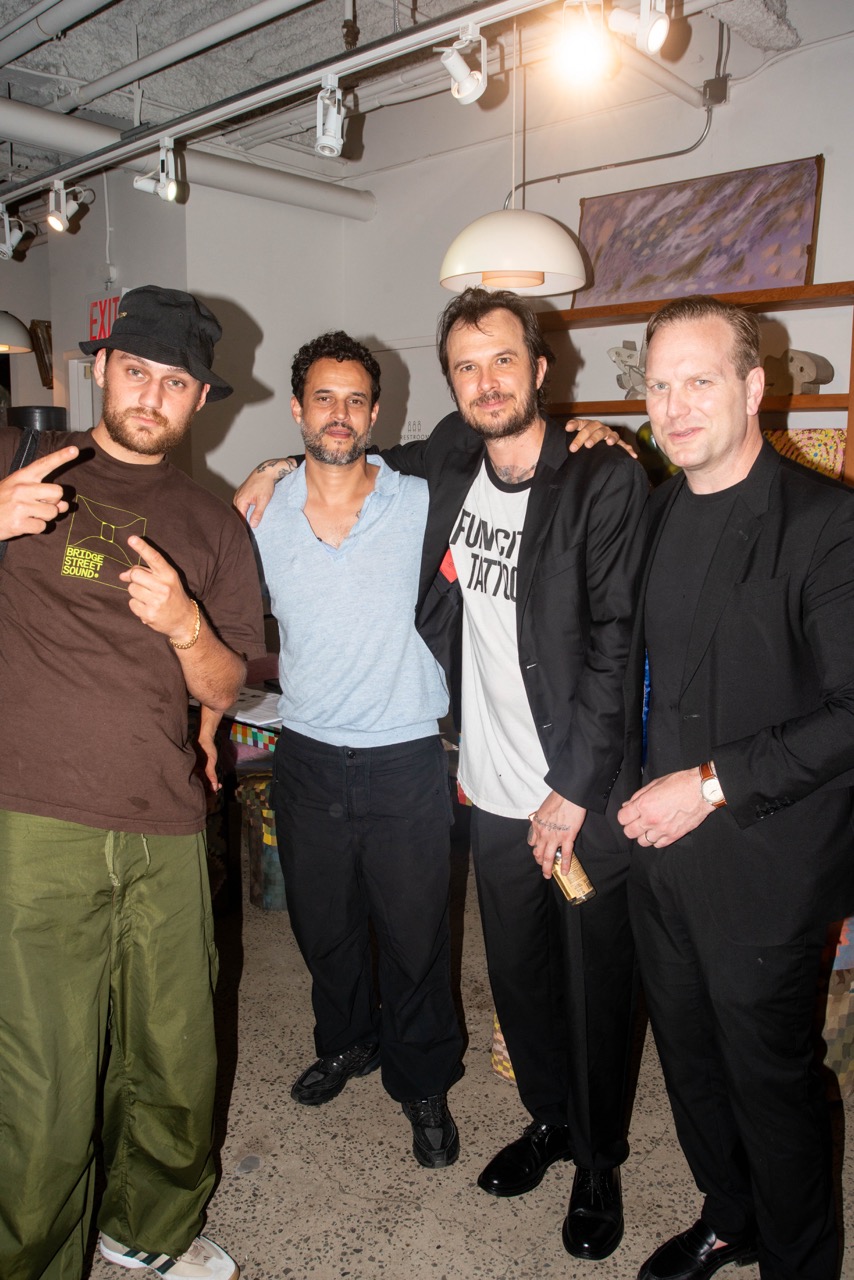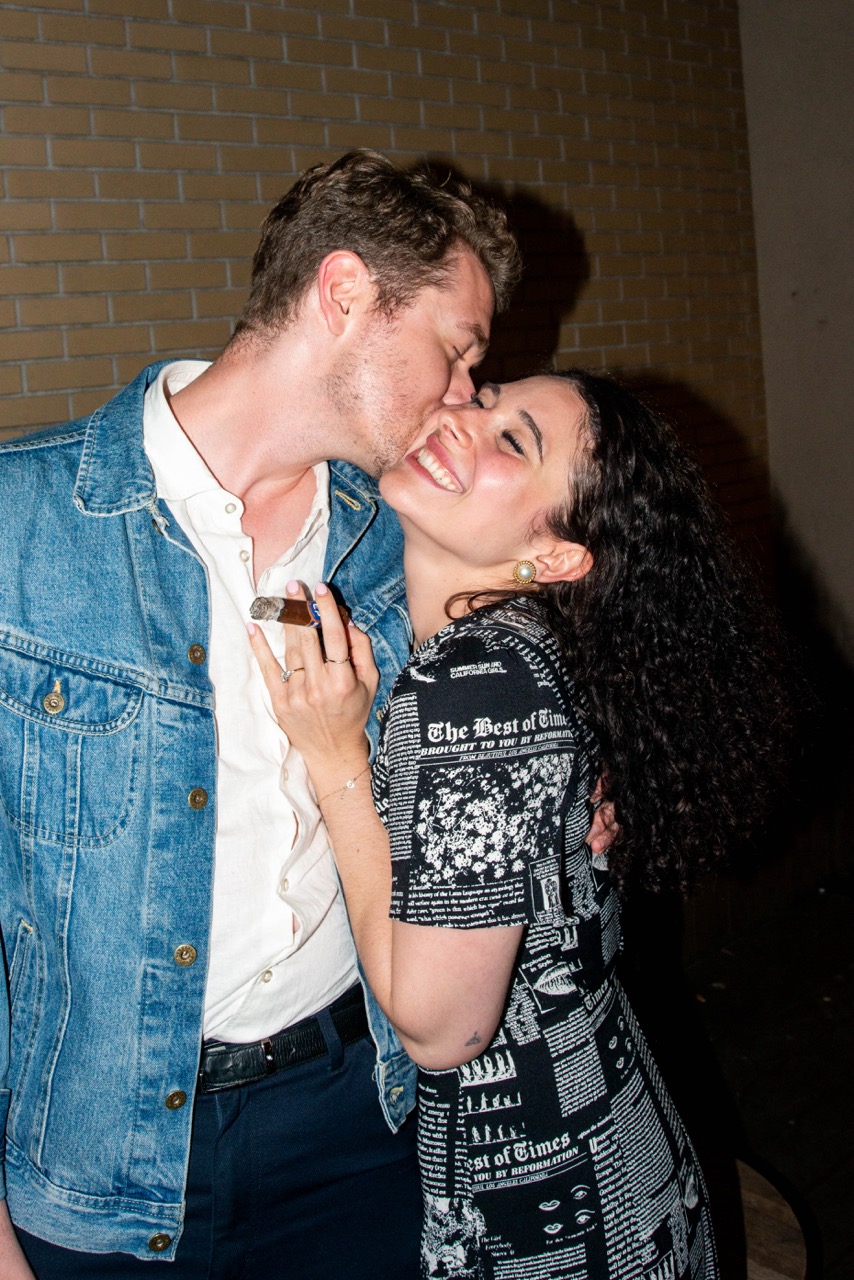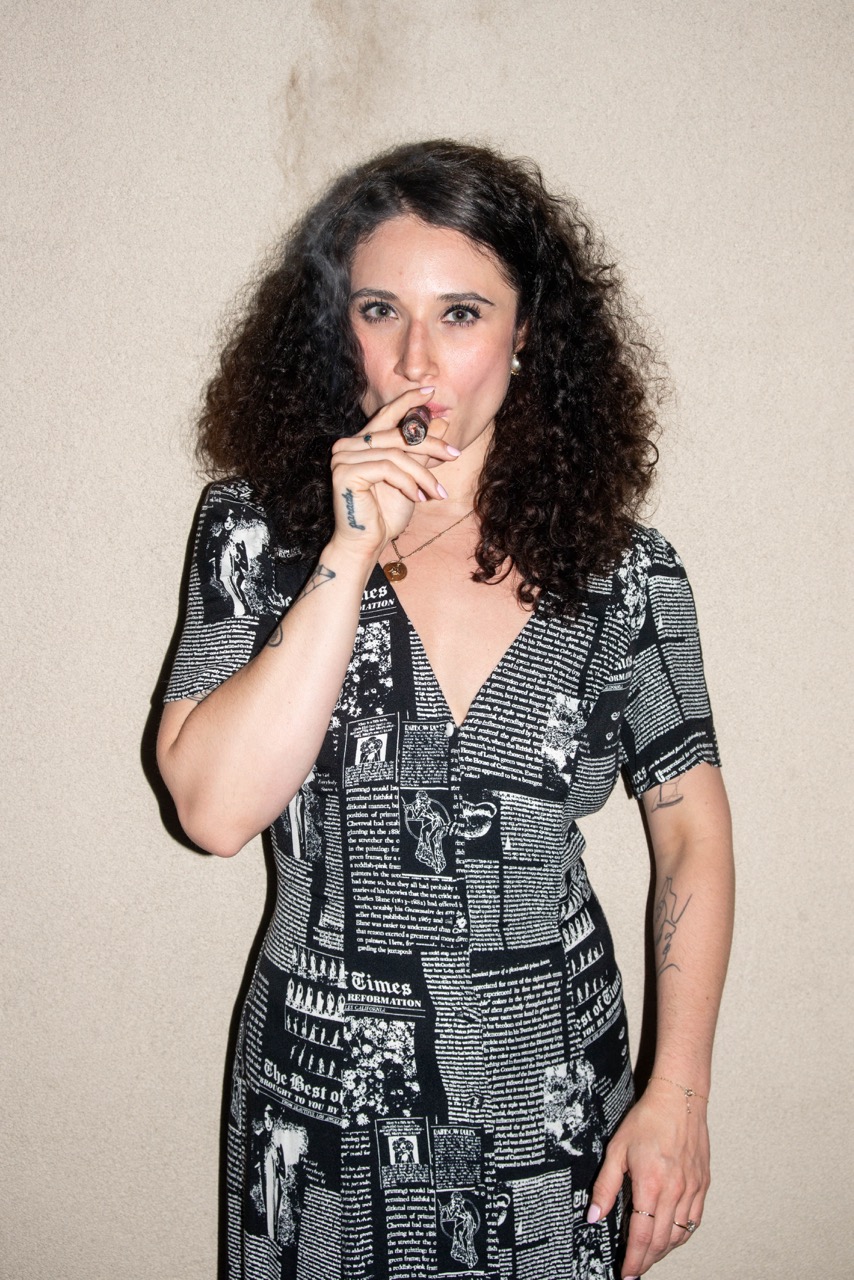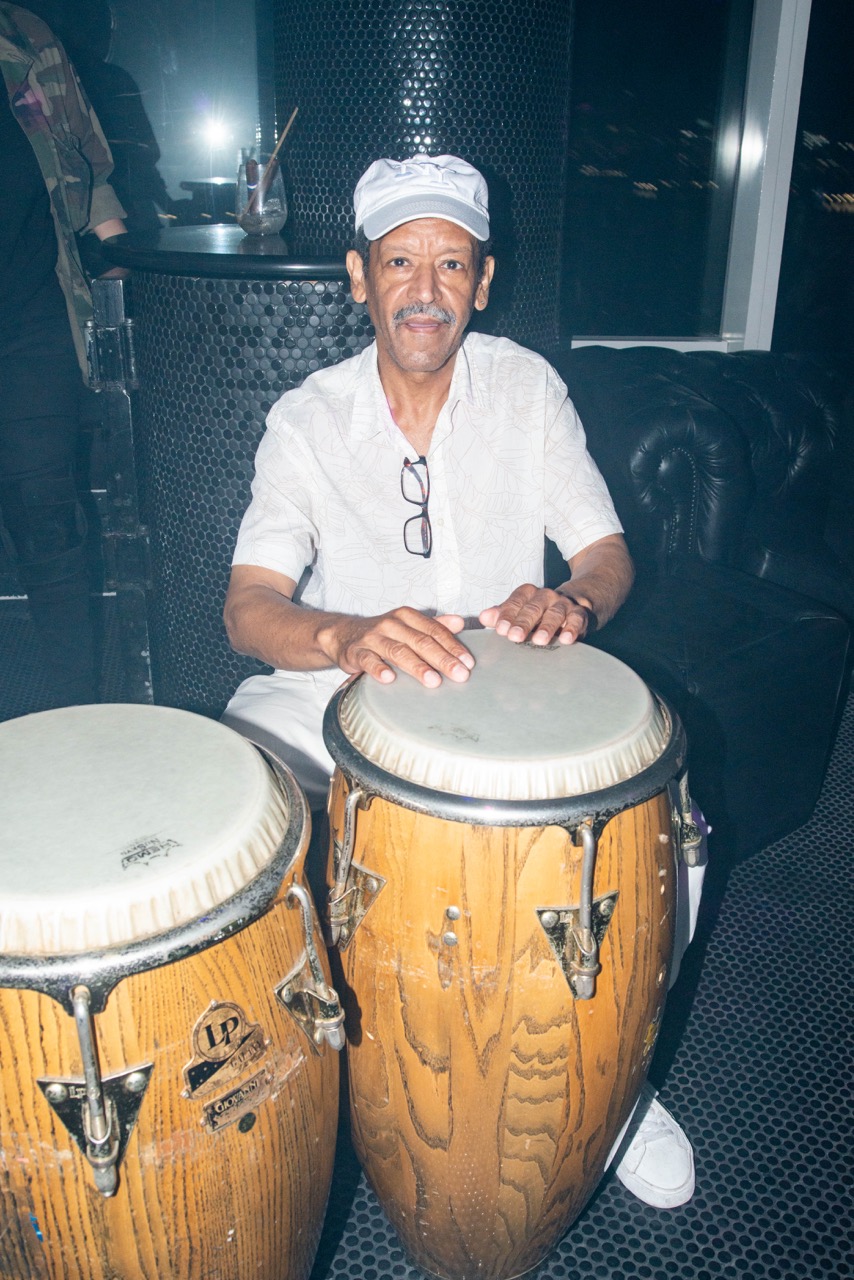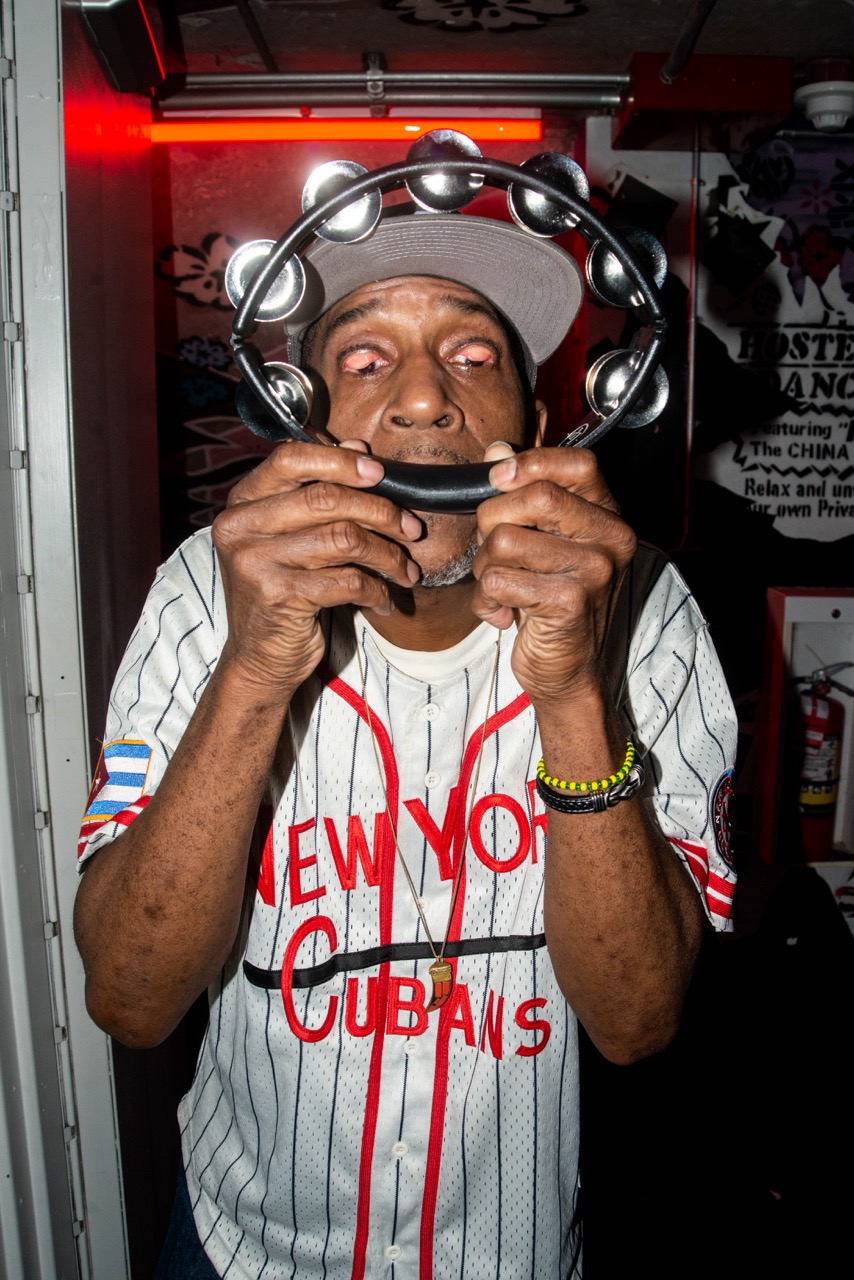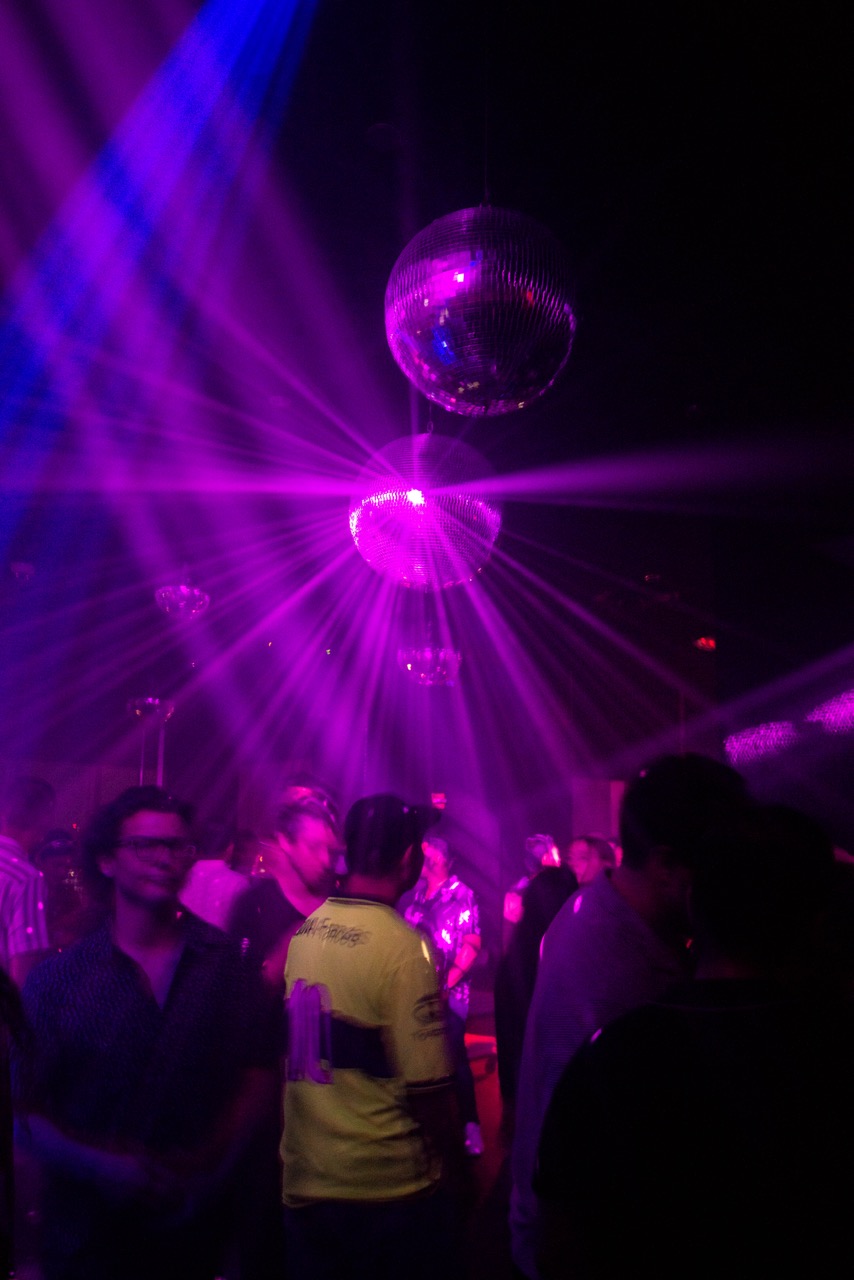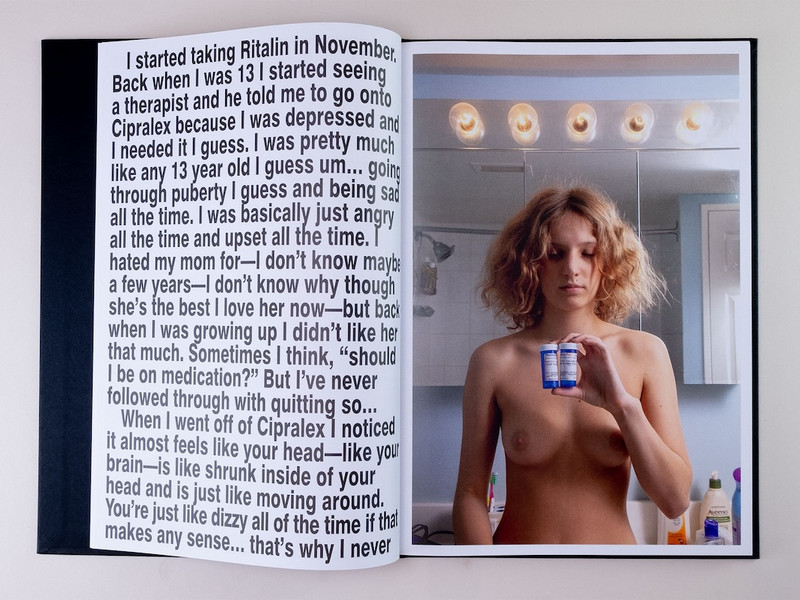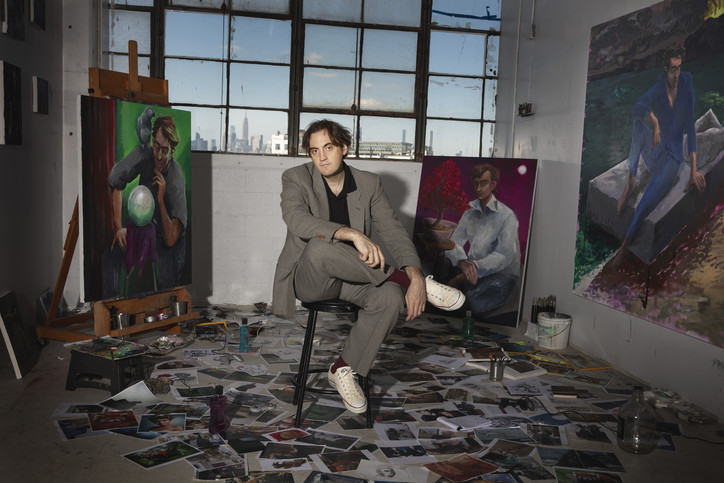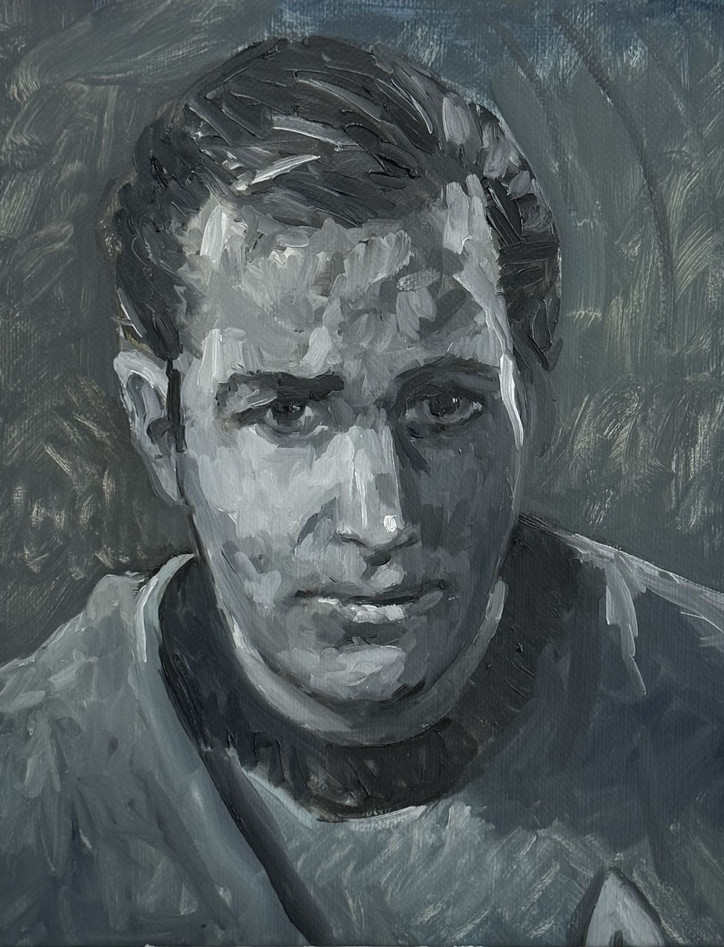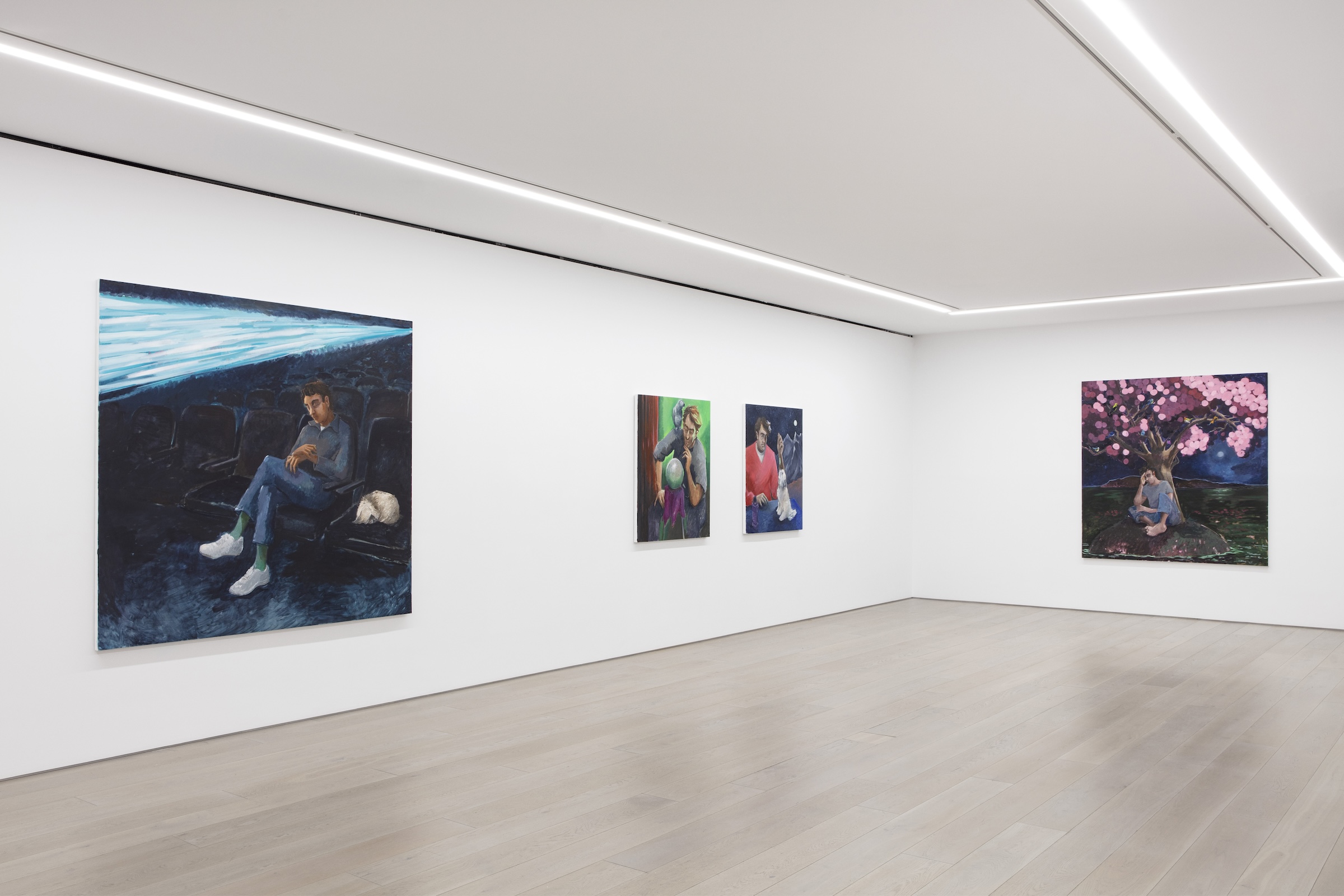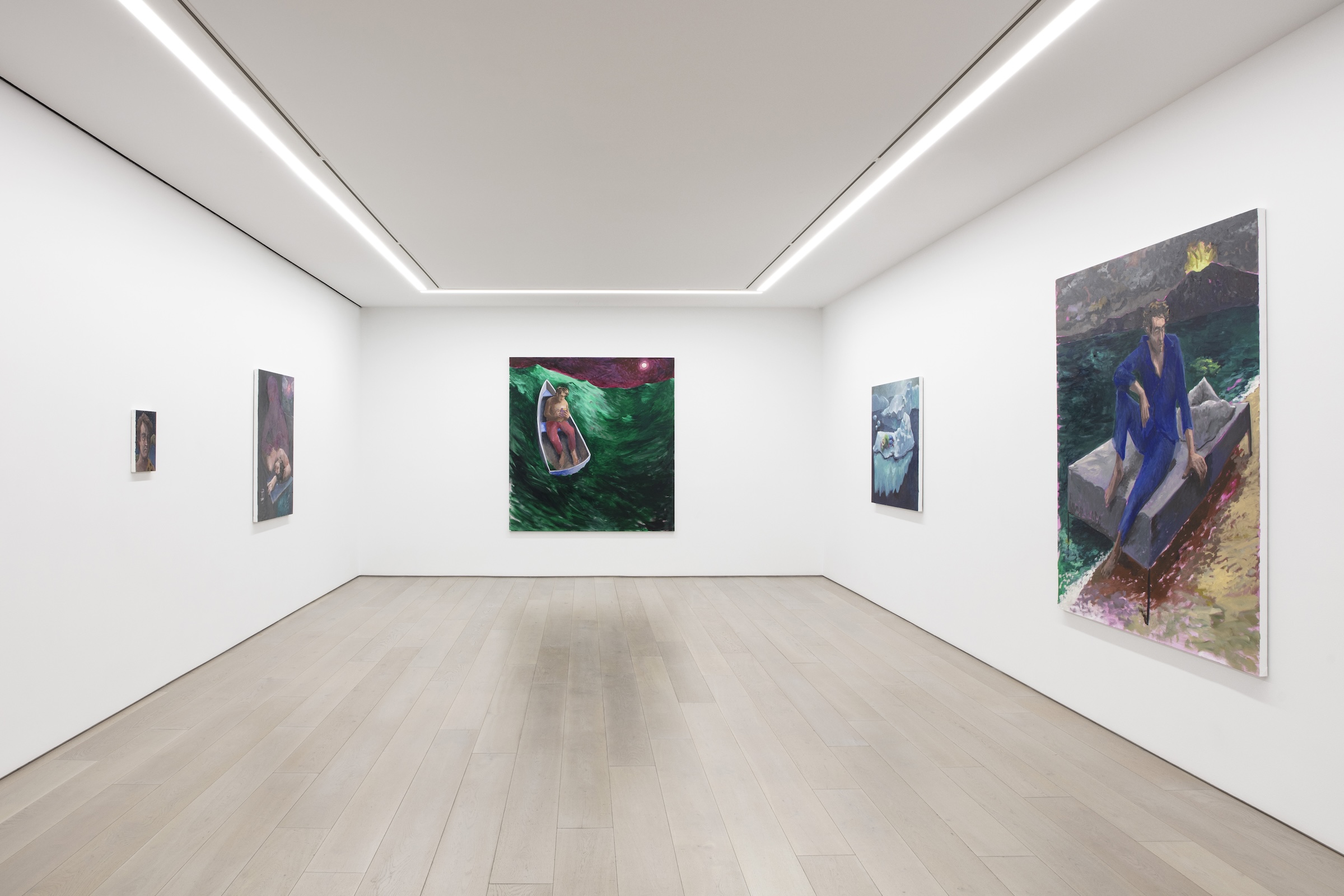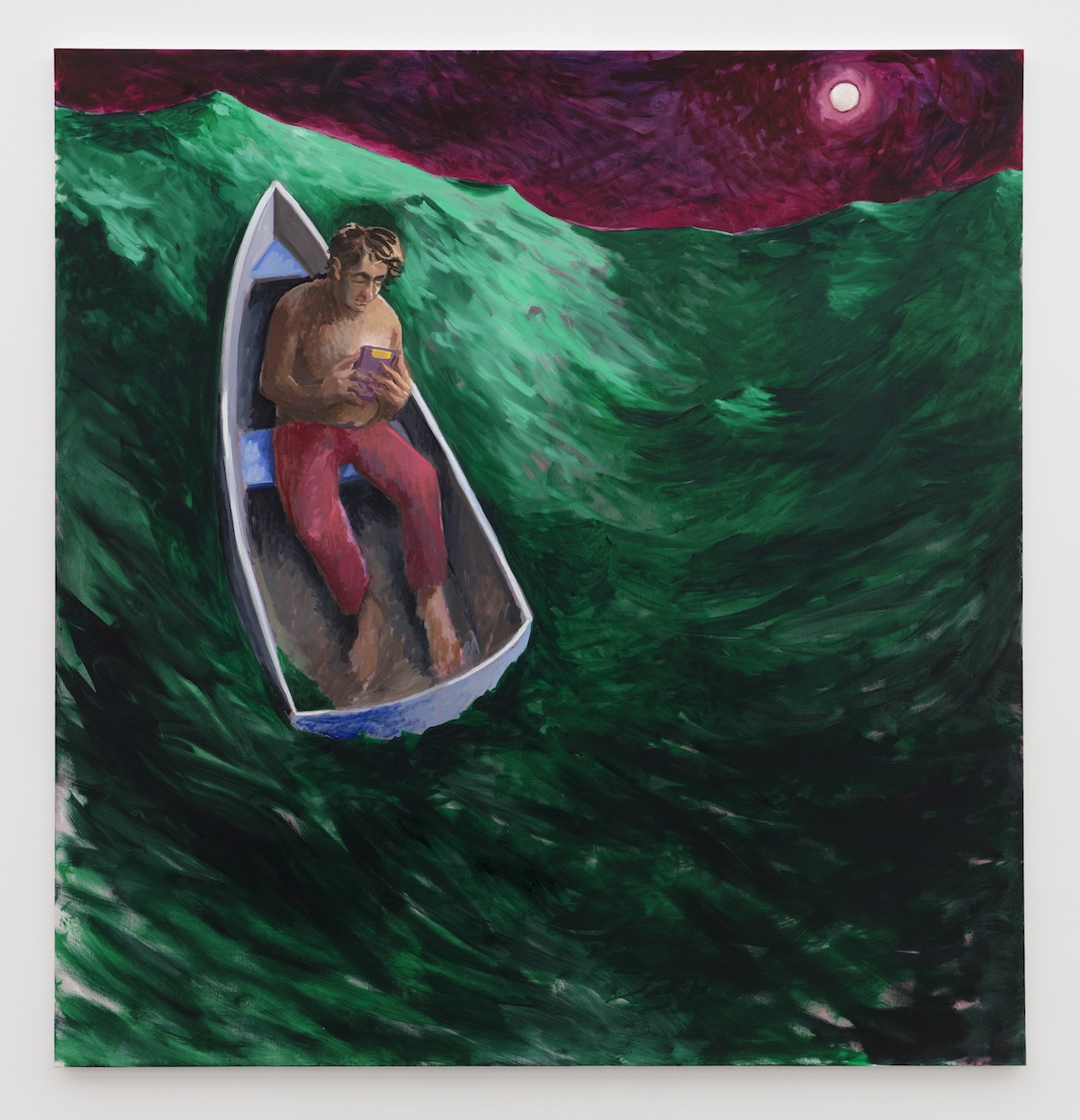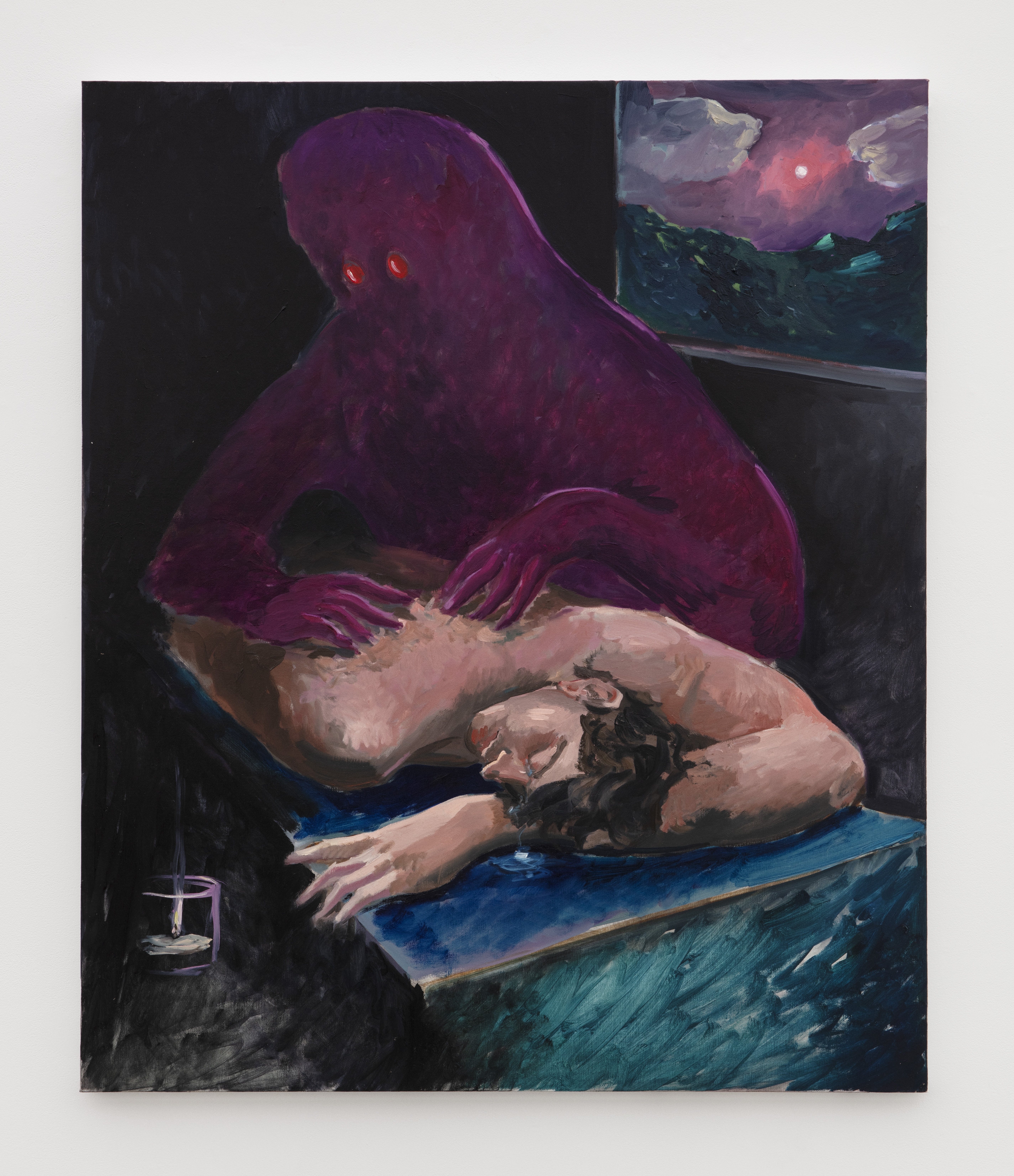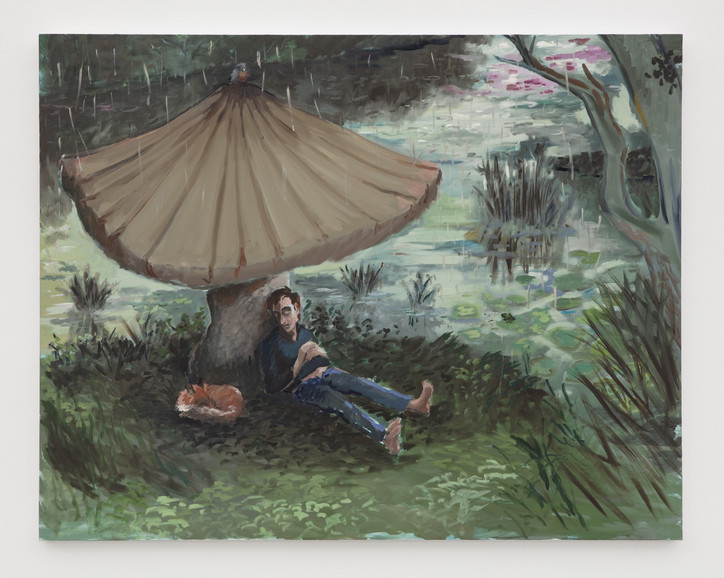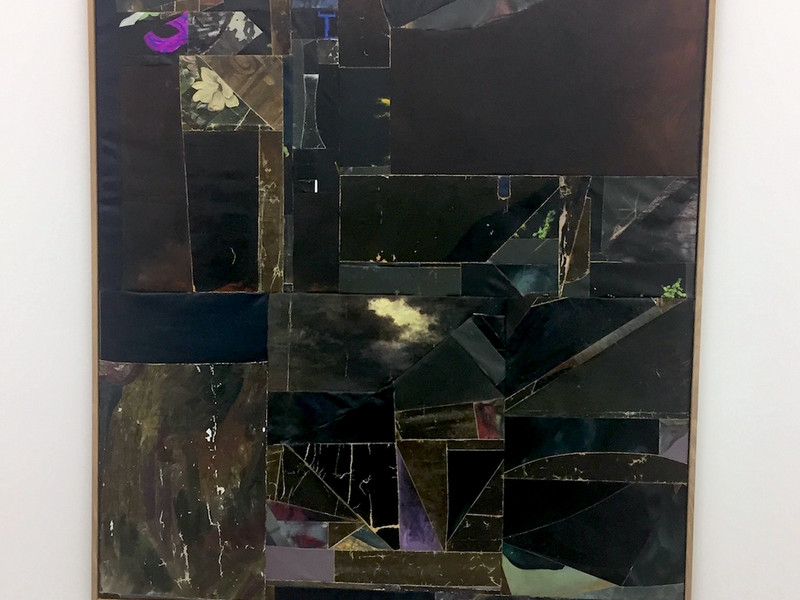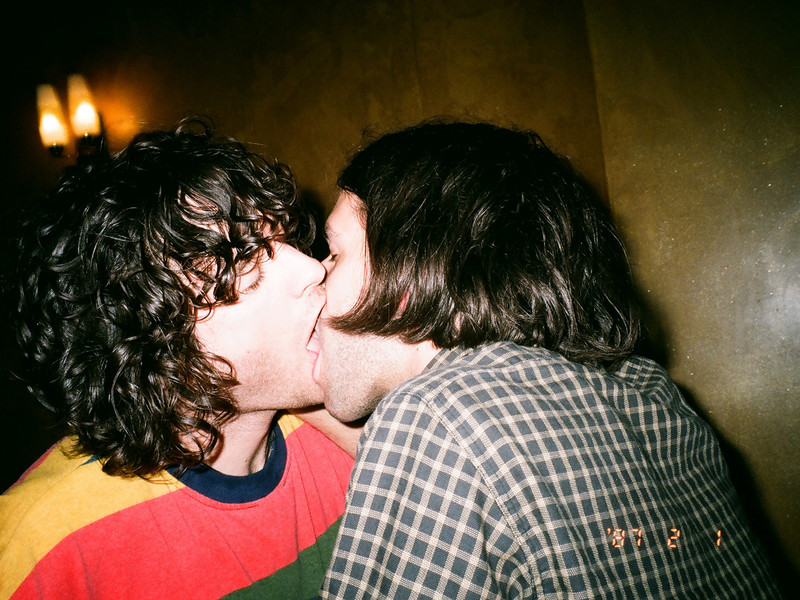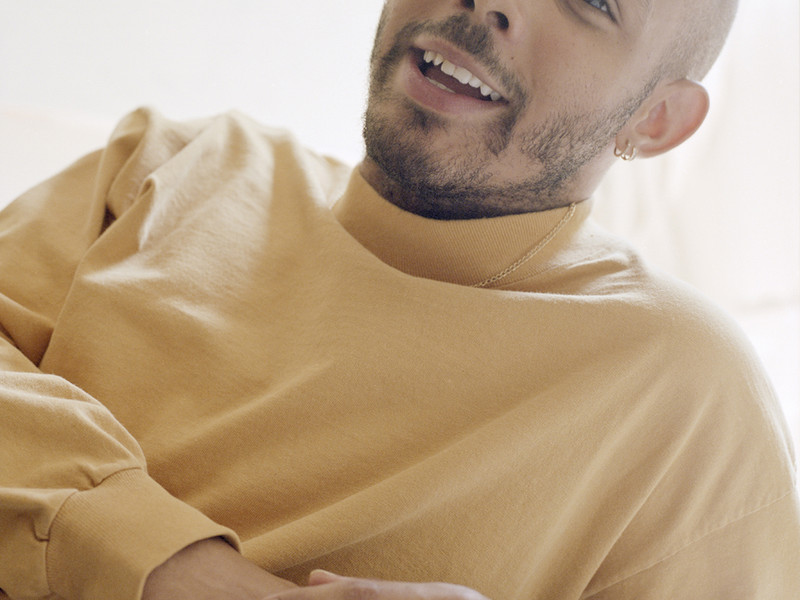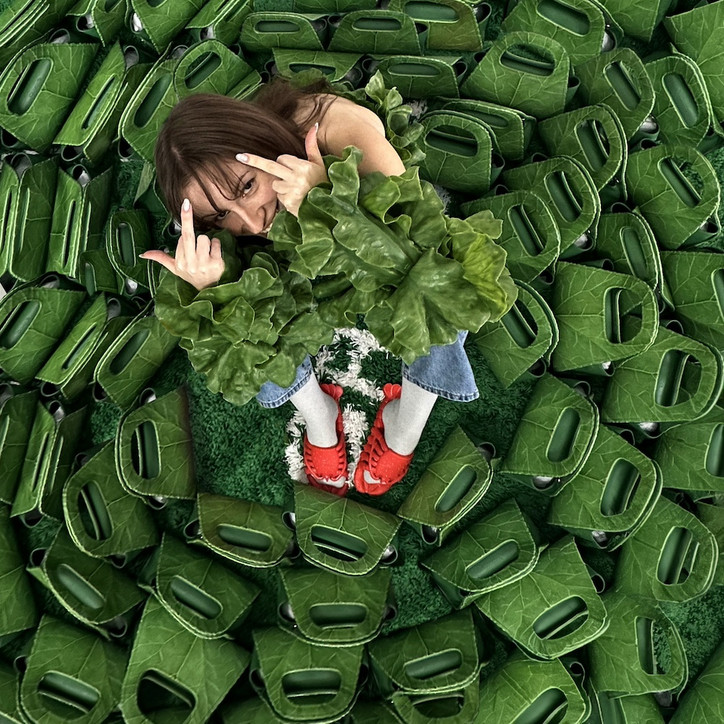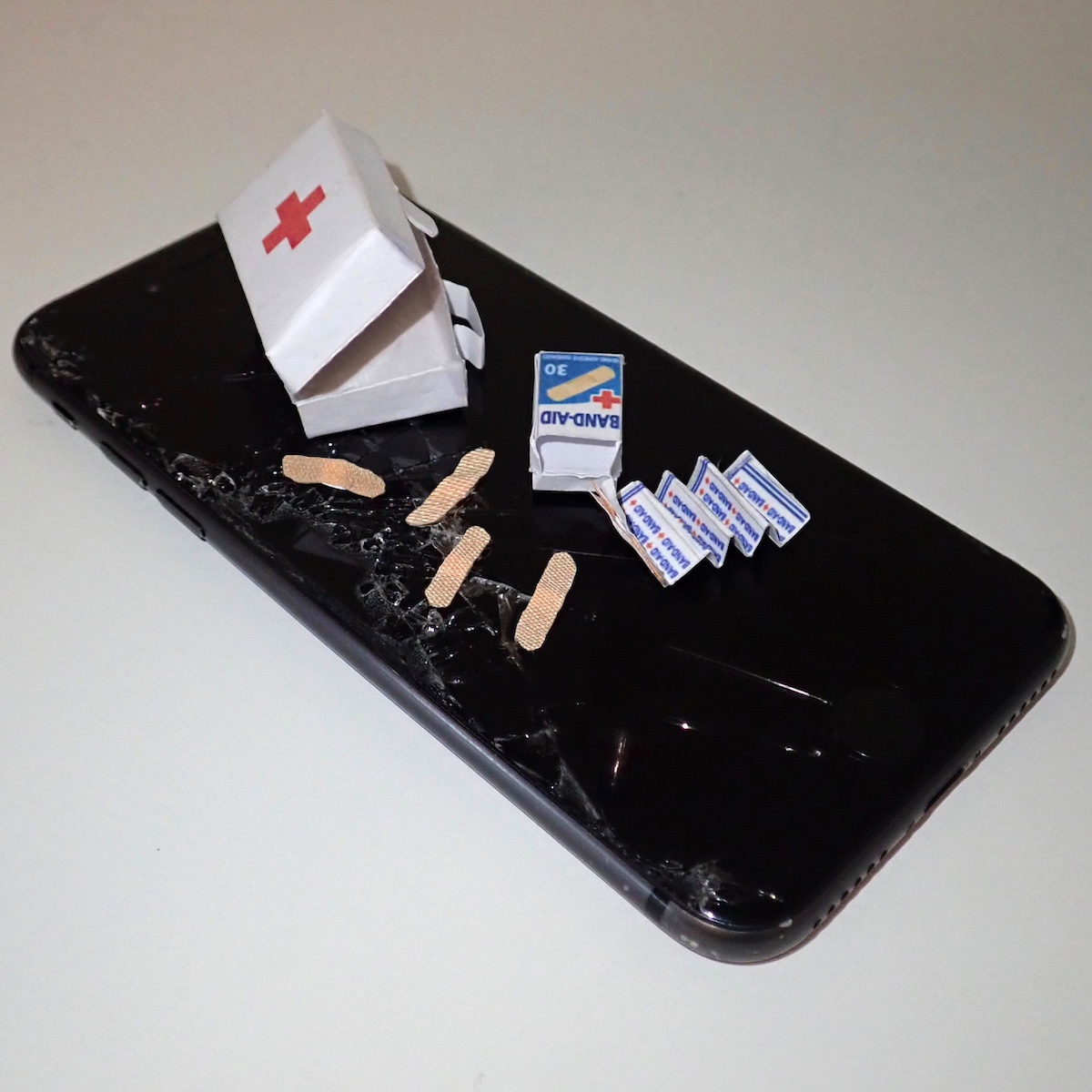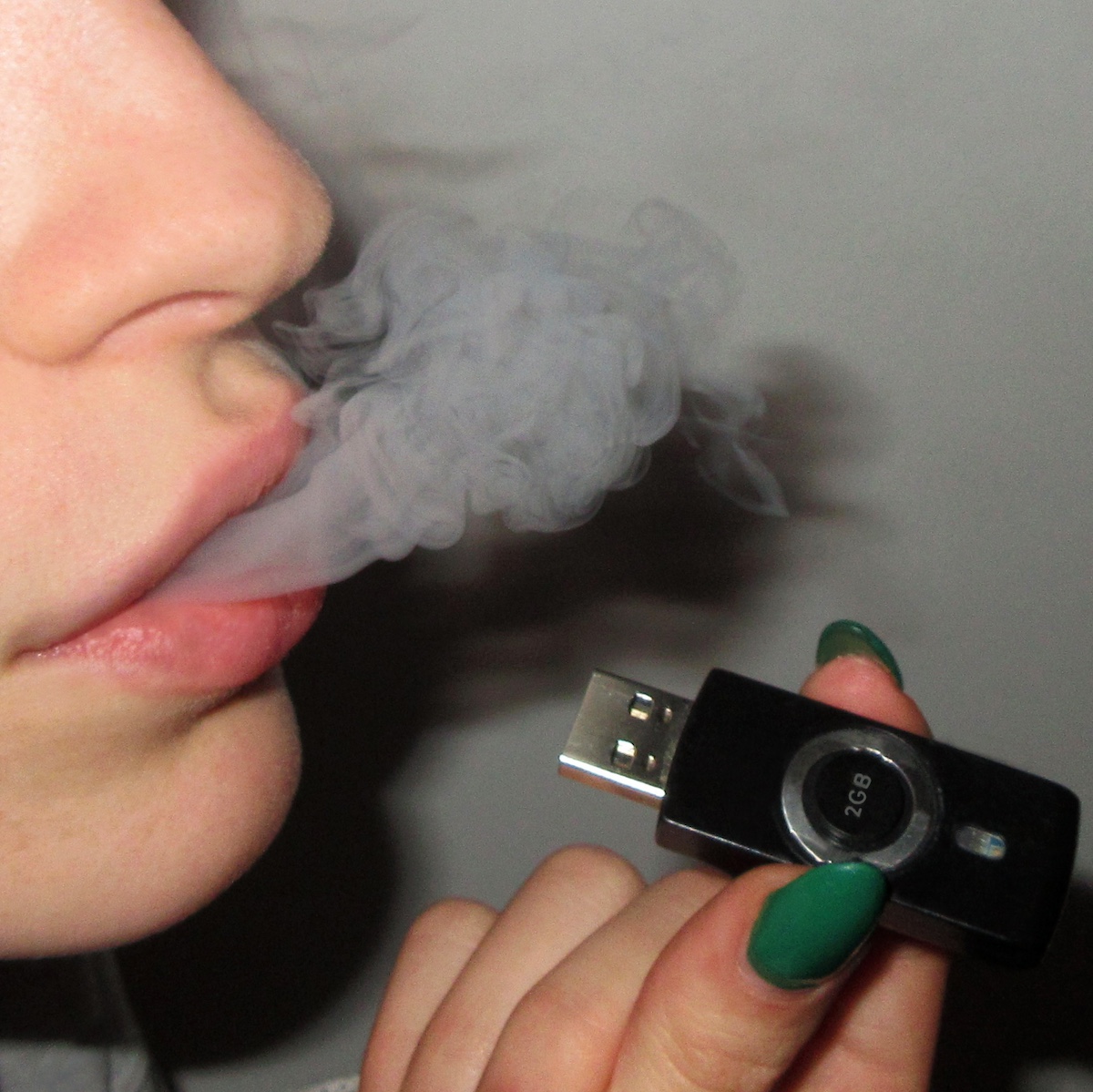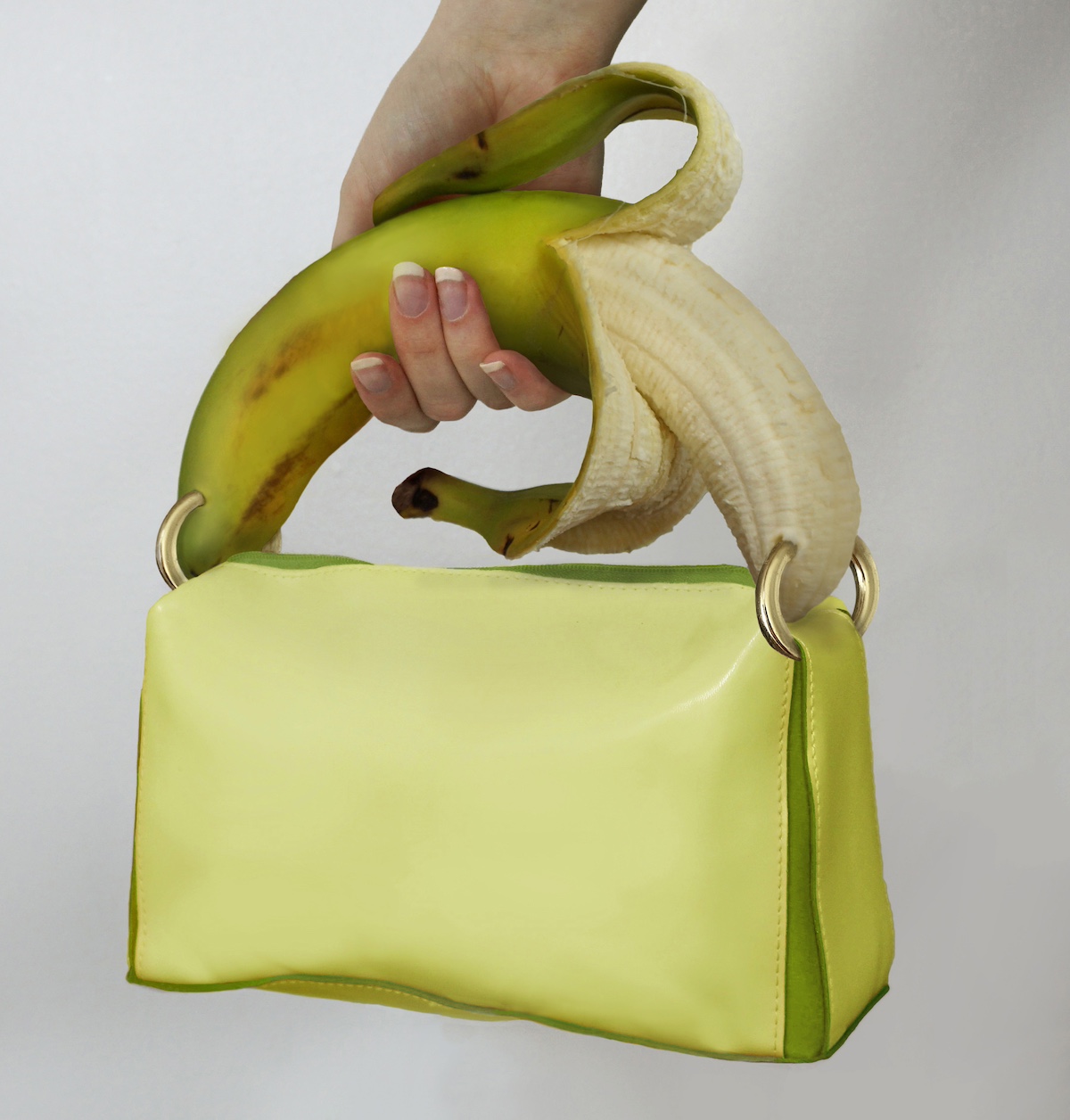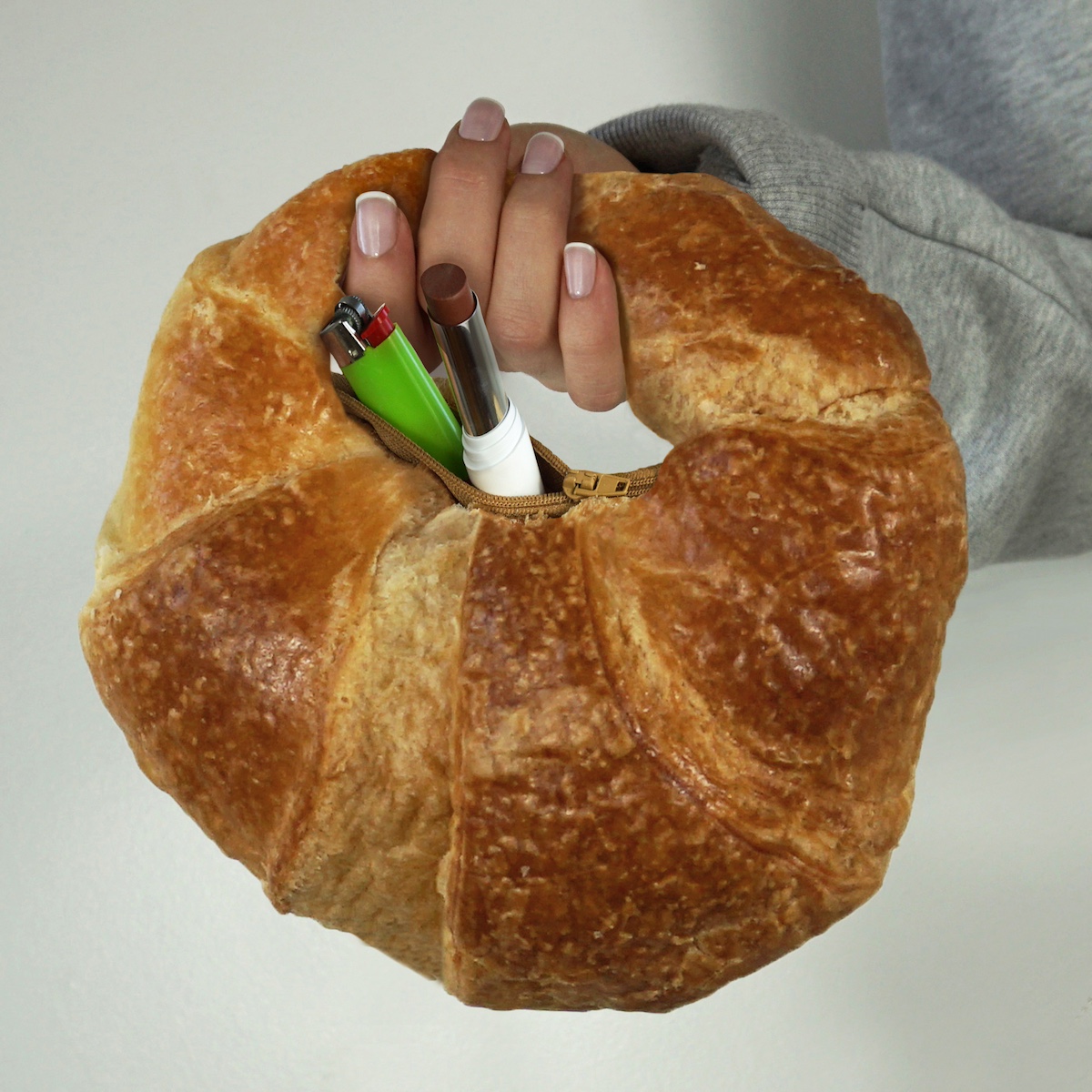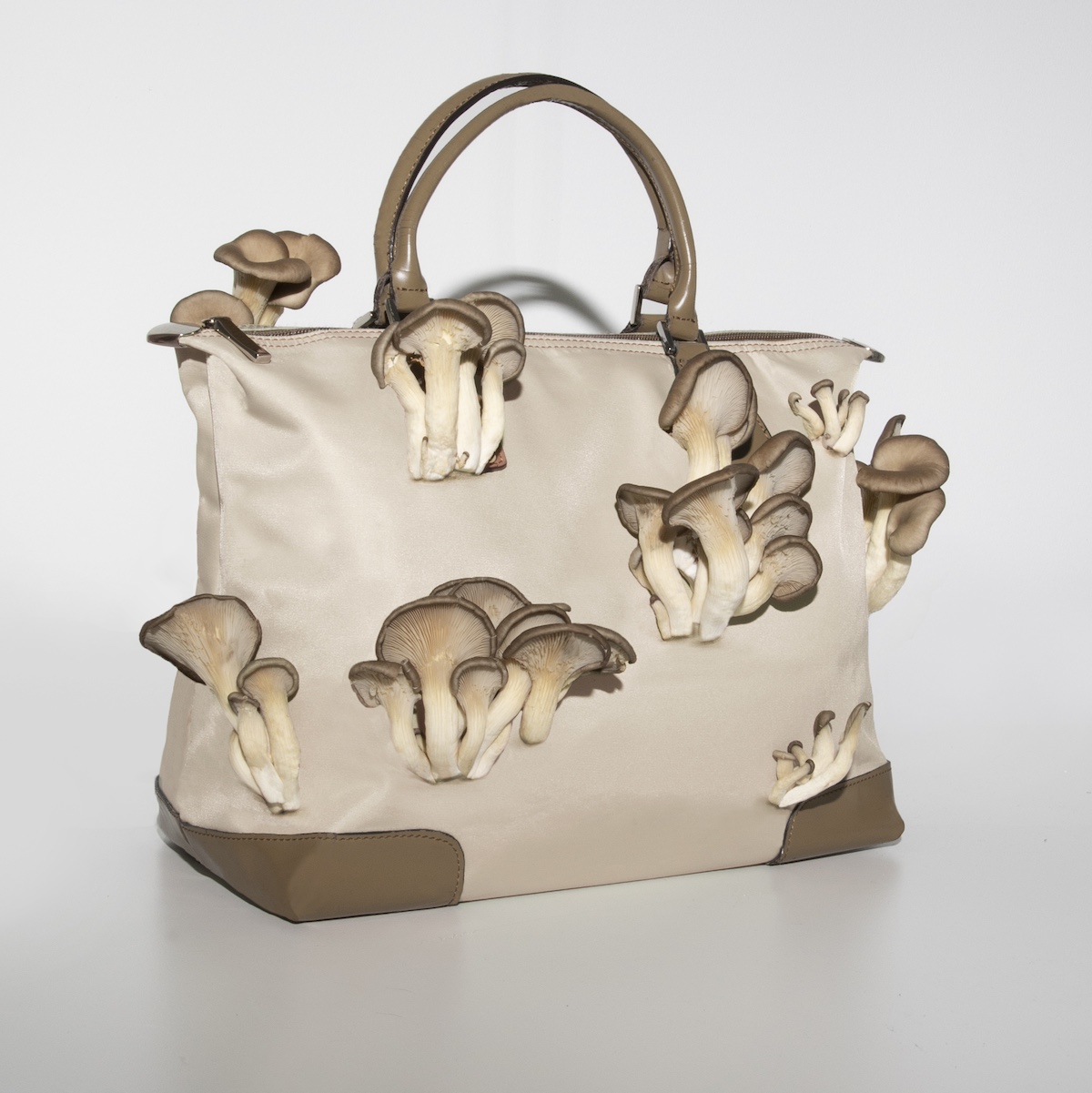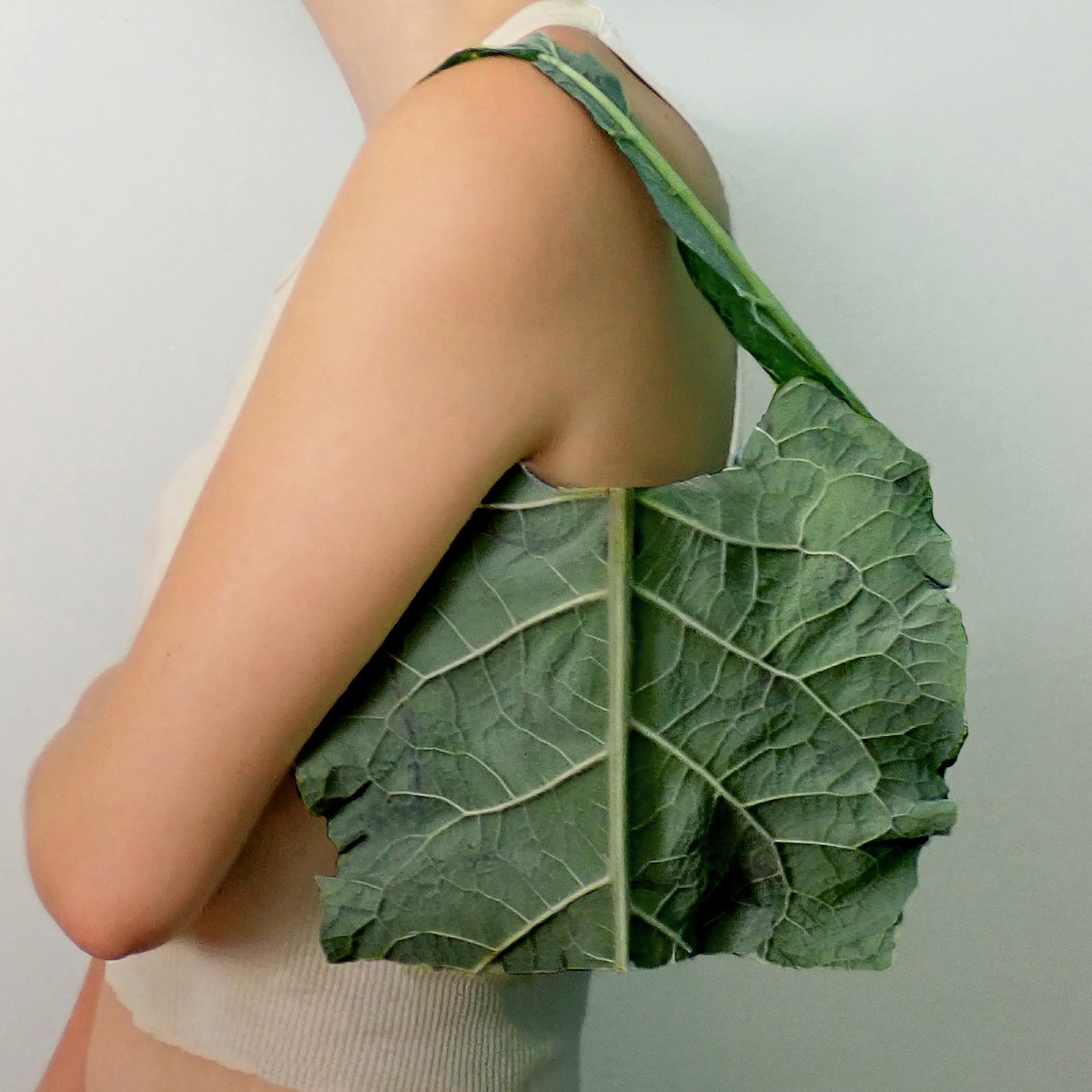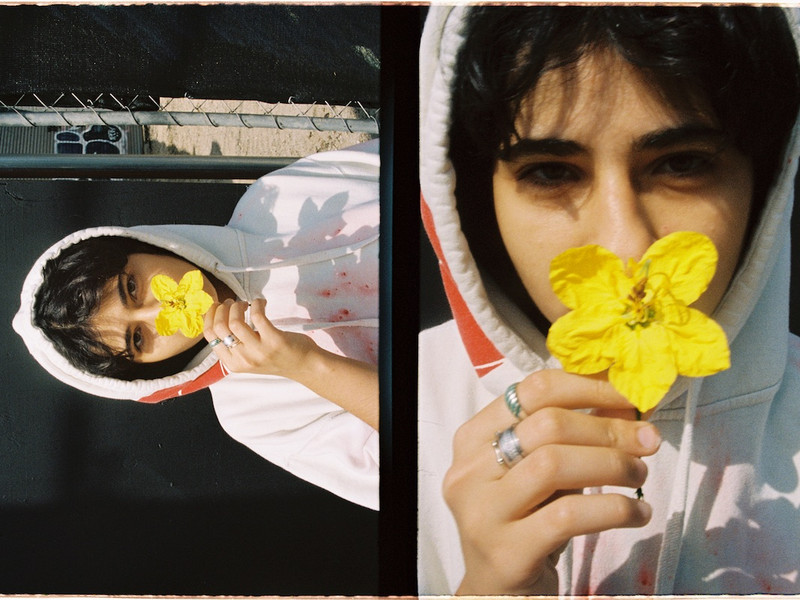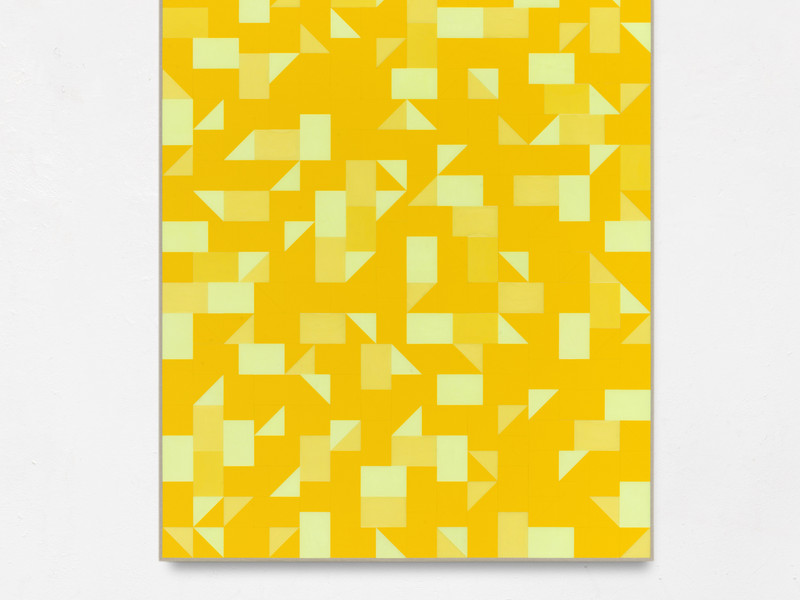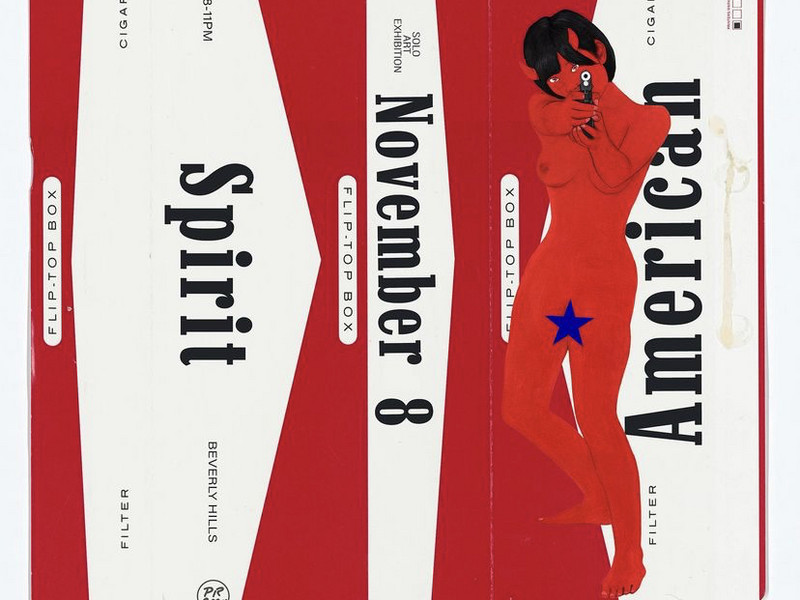There's something really unique about the artistic ability to be able to see something that's super commonplace and think of the possibilities of what it could be. But I imagine that there are certain ideas that you render or conceptualize that may be very difficult or not possible to bring to life at all. What, in your mind, distinguishes an idea that remains a hypothetical creative concept and an idea that becomes reality?
Sometimes I can't explain what drives that, but I would say that it really comes down to doing it versus not doing it. That truly is what it is. There's a driving force that makes you take the next step versus not. I have a team here now and we like to brainstorm all together and we usually narrow down, maybe twice, the amount of ideas that we end up creating. I guess it's just a matter of what I picture in my mind. Timing is super interesting in that way where I'm now revisiting ideas that I put aside years ago because I didn't think they were strong enough then. And now I'm like, 'Oh, this is great.' Ideas and inspiration move in such abstract ways. Even with other people — I'll have this idea, put it to rest for a minute, and then someone else will do it. And that's great because it just came out through a different channel. So I like to keep my mind open for ideas to come in and out. But there are quite a bit of the ideas that we bring to life, for example, for photo, that we produce and we shoot and then it doesn't work. And we just have to accept that that's okay too.
There's a learning experience in that trial and error, I'm sure.
Definitely. And that's something that, in the beginning, I was so attached to — the ideas. I was fighting it and I would redo things like 10 times and just get so frustrated, whereas now, I'm in a very privileged position to be able to just let go of some ideas and not have to produce every single one of them. It's a much more comfortable place to be in.
Are you a perfectionist in your work?
No. I wouldn't say that. I am particular, but I wouldn't say that I'm a perfectionist. Obviously, speaking of my personal work in terms of commissions, I have to be. But if it's something I'm making in another context, I don't need it to be perfect. Ever.
I think it's an unlearning process, especially in art, to teach yourself that there are still lessons or beautiful things to find in imperfections. Have you ever read the book Big Magic?
Yes, I have.
That's exactly what I thought of when you were talking about ideas. And how you're just a channel that they pass through and if you don't grab onto an idea and actualize it, then it could float away to someone else.
Oh my god, I love that book a lot. I've recommended it to a lot of people and I find that a lot of people have a barrier to entry to self-help. But I react very well to that. I'd be a great cult follower [laughs].
Your works take on a really trippy, imaginative quality, blurring the lines between fantasy and reality. What does your ultimate fantasy world look like — who’s there and what do you feel when you’re there?
Well, one disclaimer is that my dream world for myself is not the same as the dream world I'd offer up to others. My home is all gray tone, stainless steel. But it relaxes my eyes a lot whereas in my work, I tend to be more on the maximalist side. A lifelong dream of mine is to design a themed hotel where you can really check all the boxes from the hospitality standpoint to restoration and just tap into all the senses. I'd love to enhance that visual experience, the sleep experience, the eating, and just create a surreal sensory overload. This is a dream that would encapsulate all of the fields that I hope to one day be able to tap into with my work.

